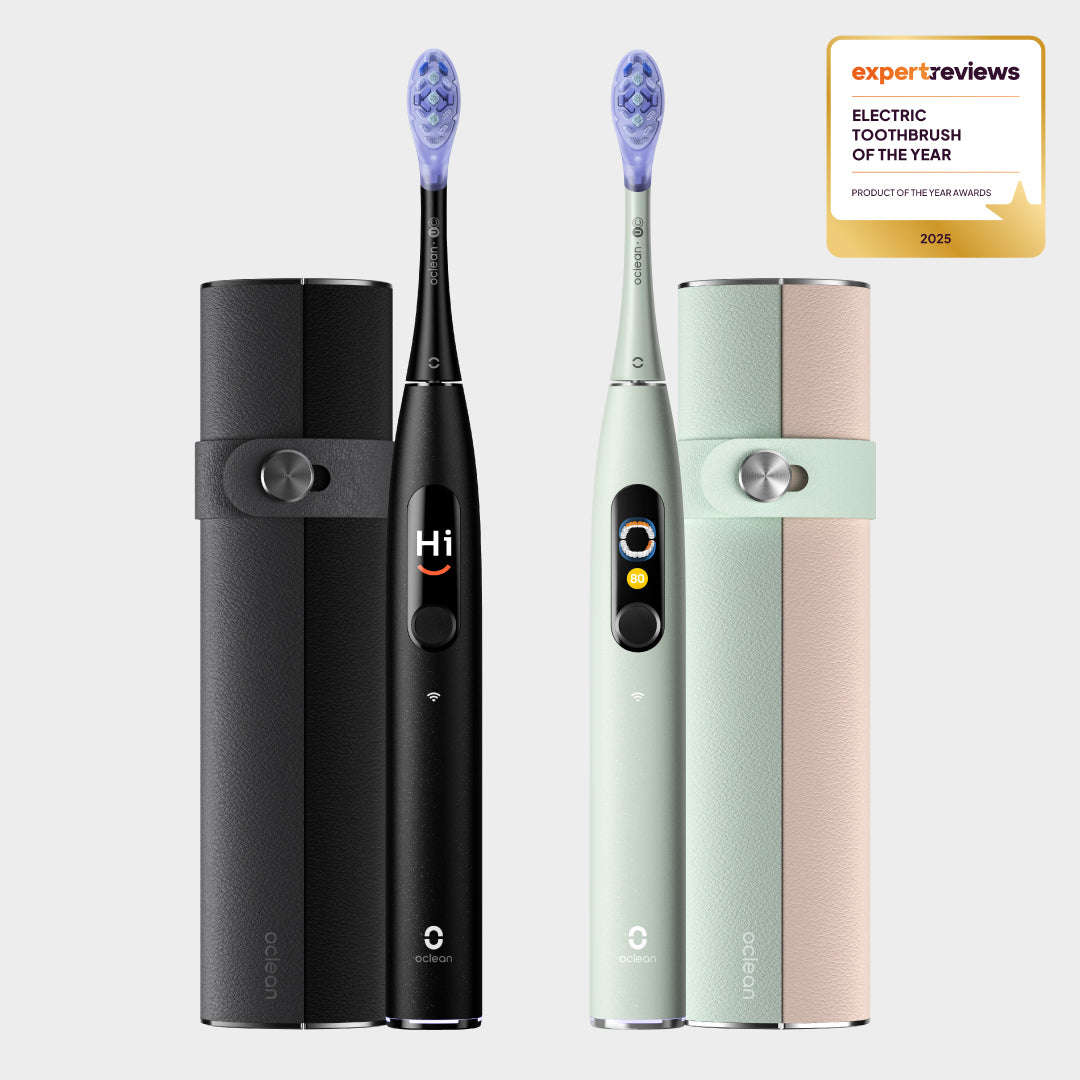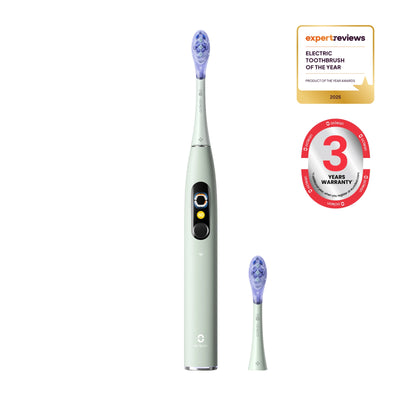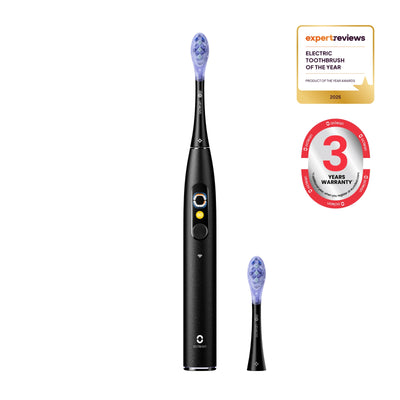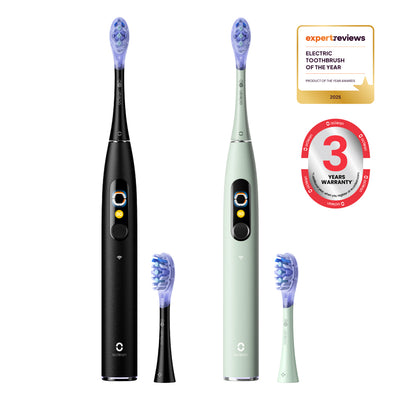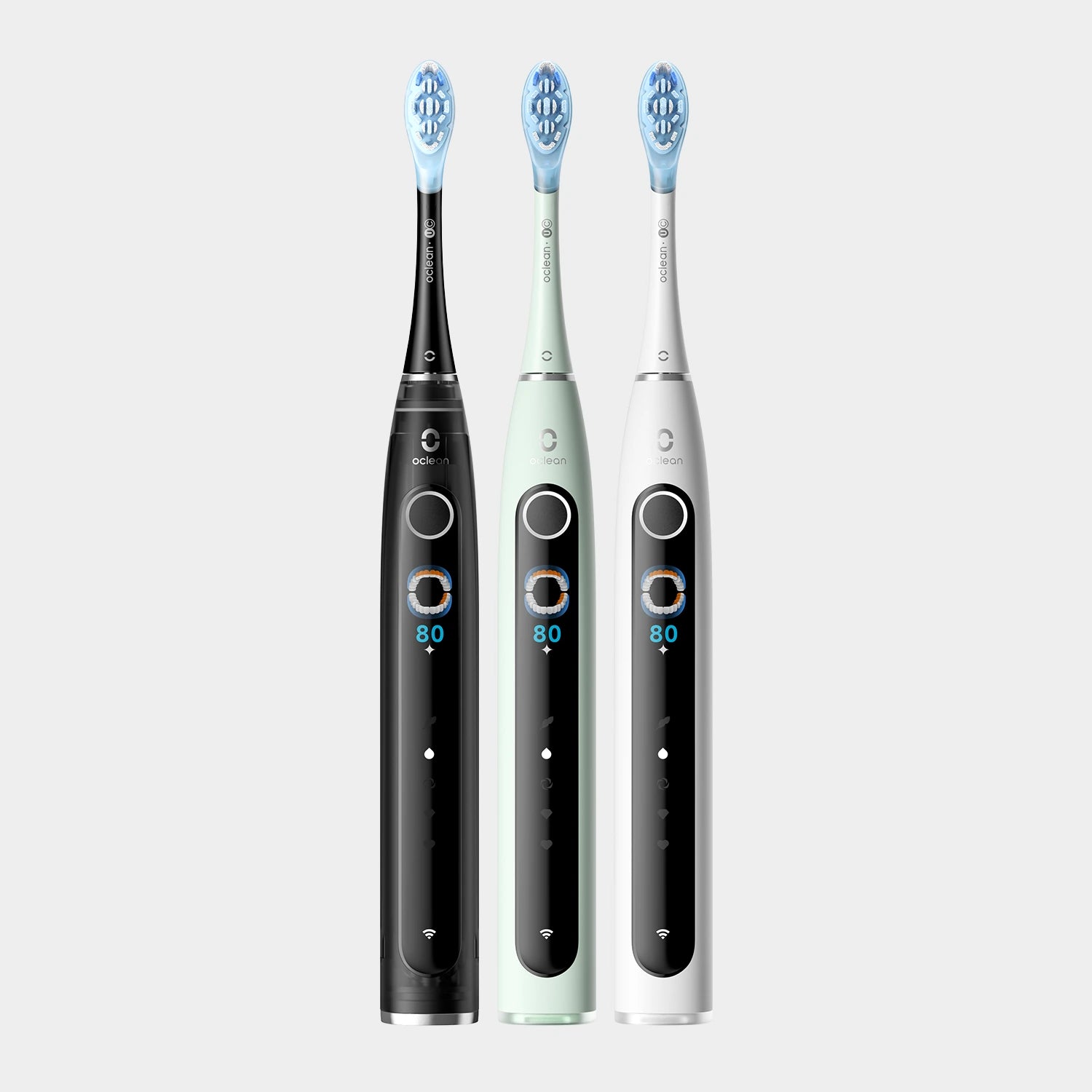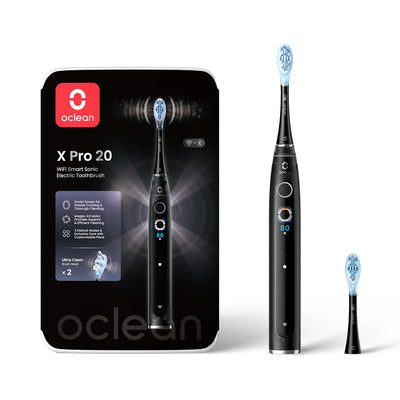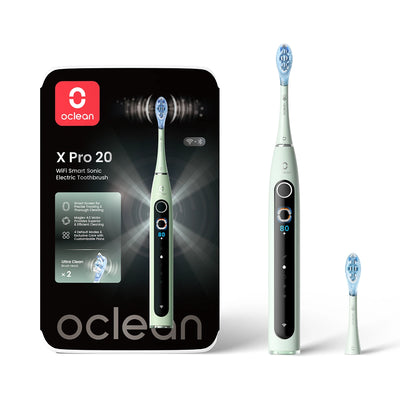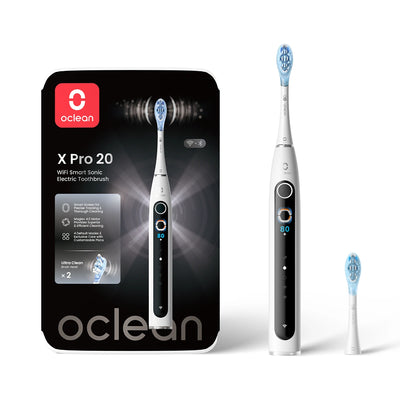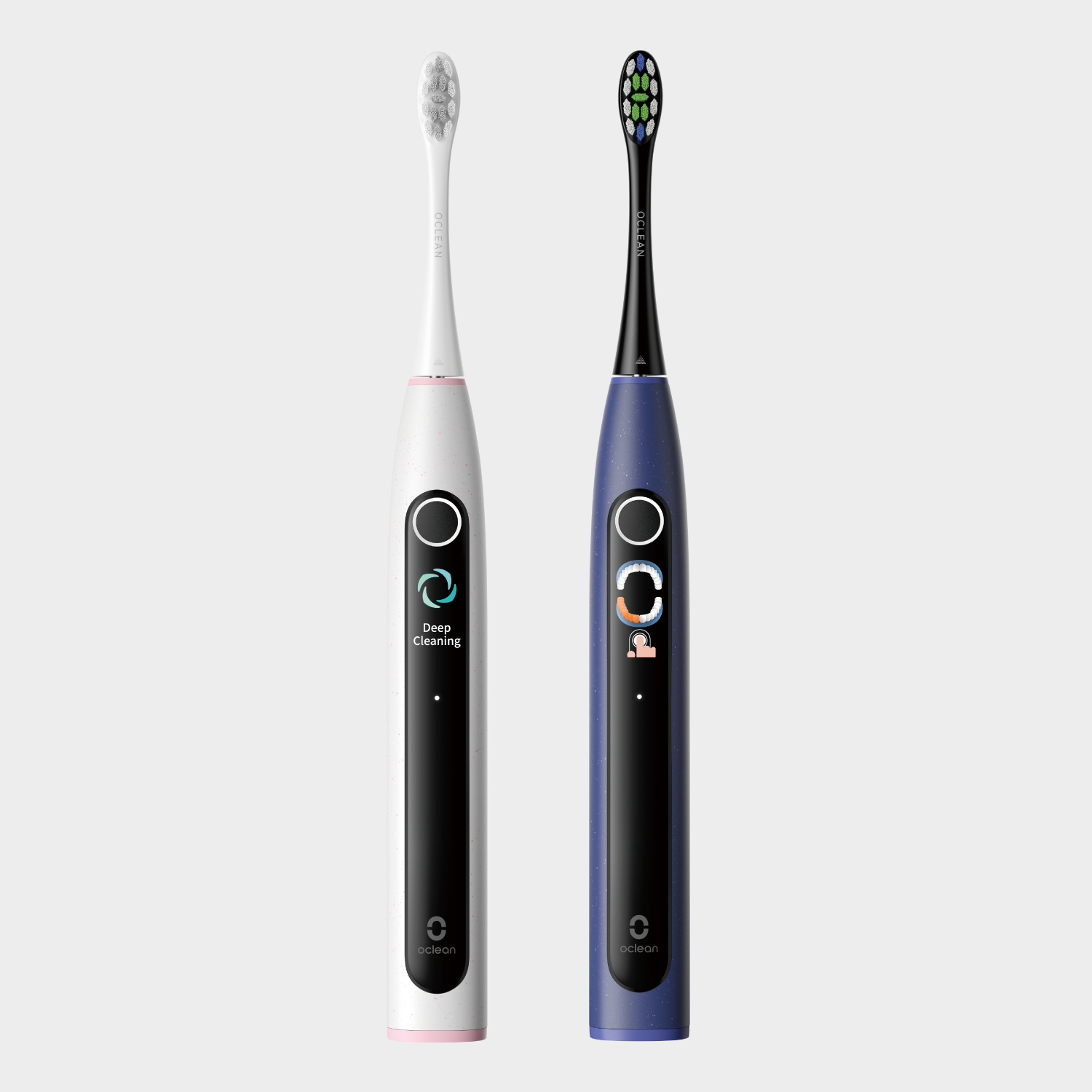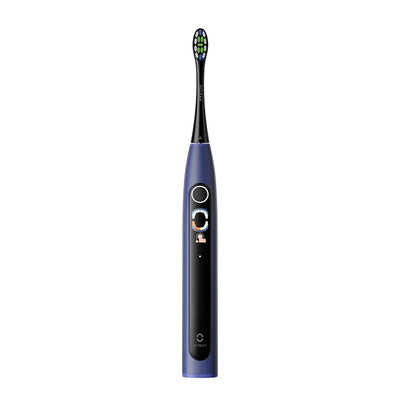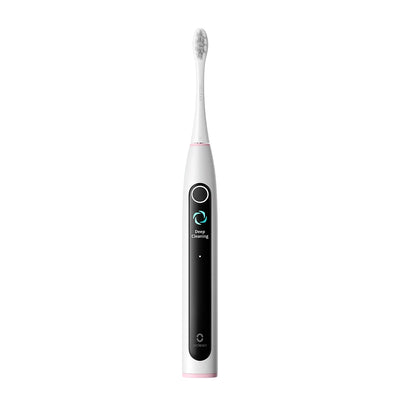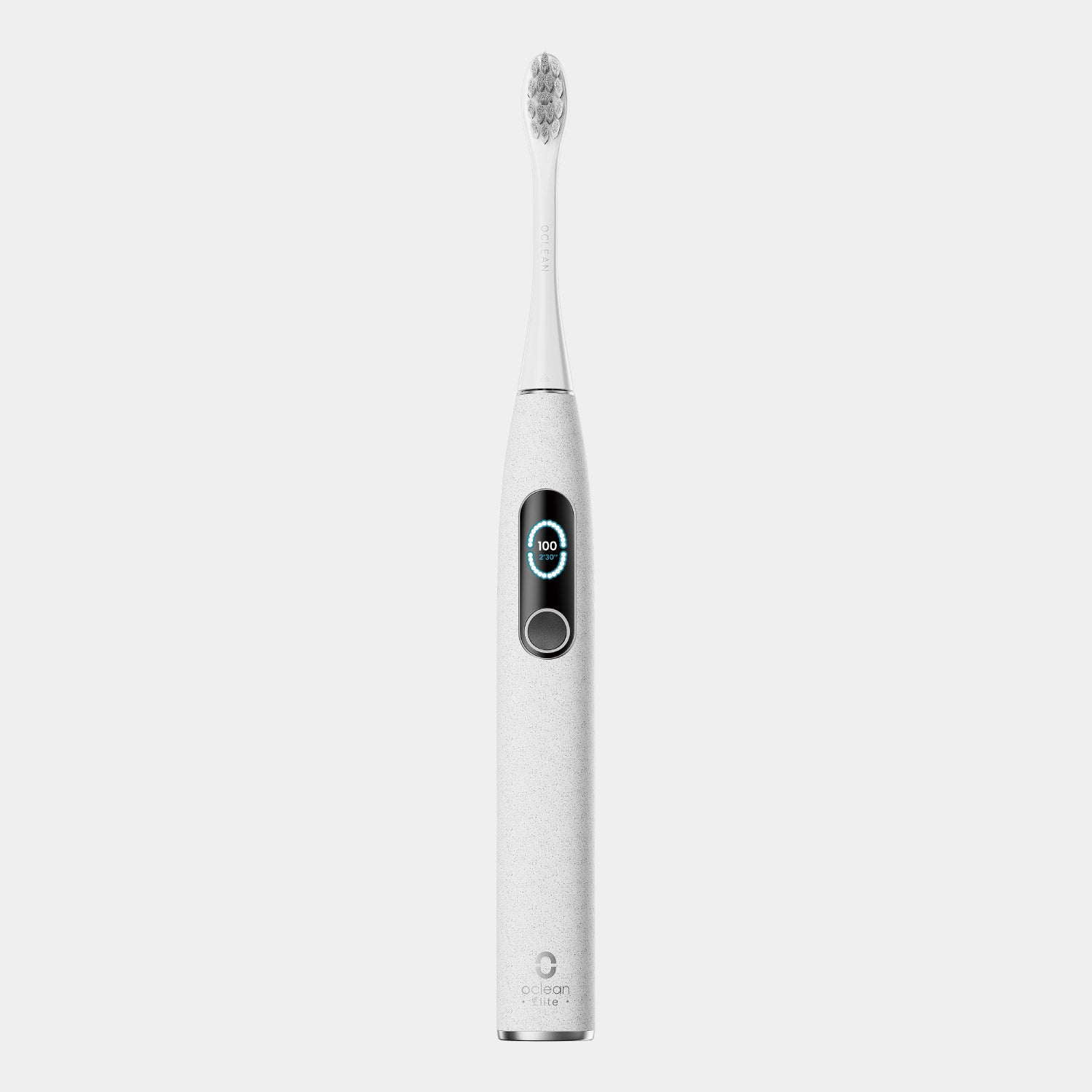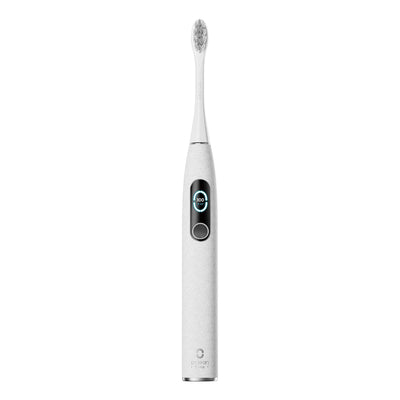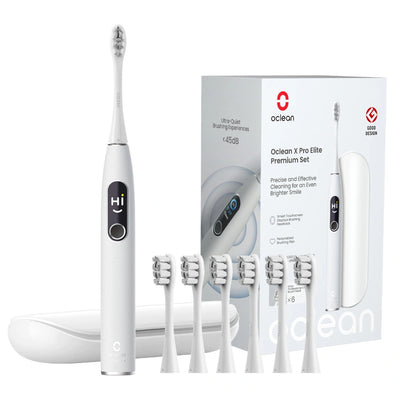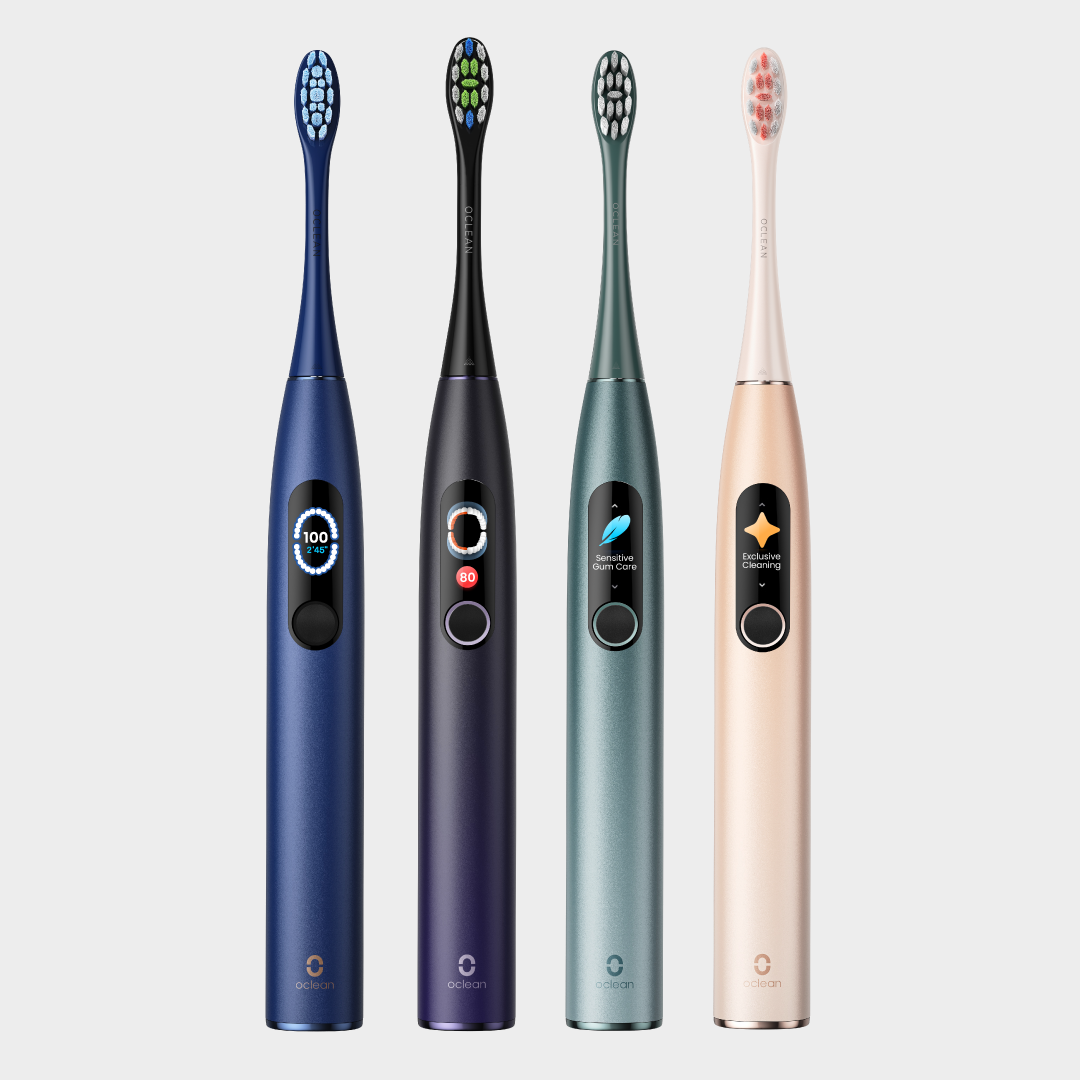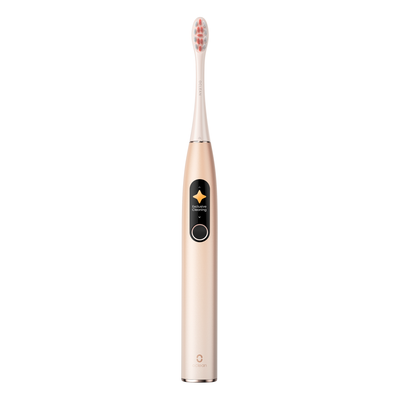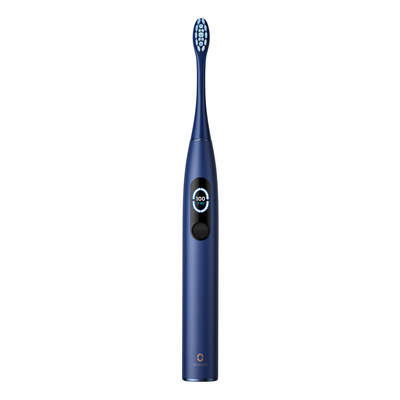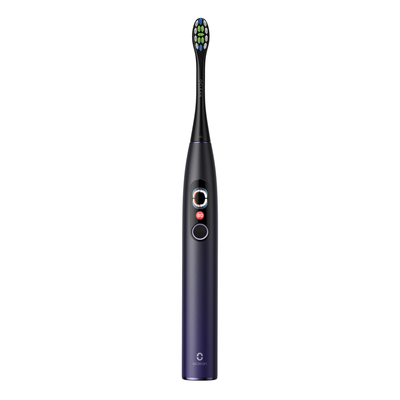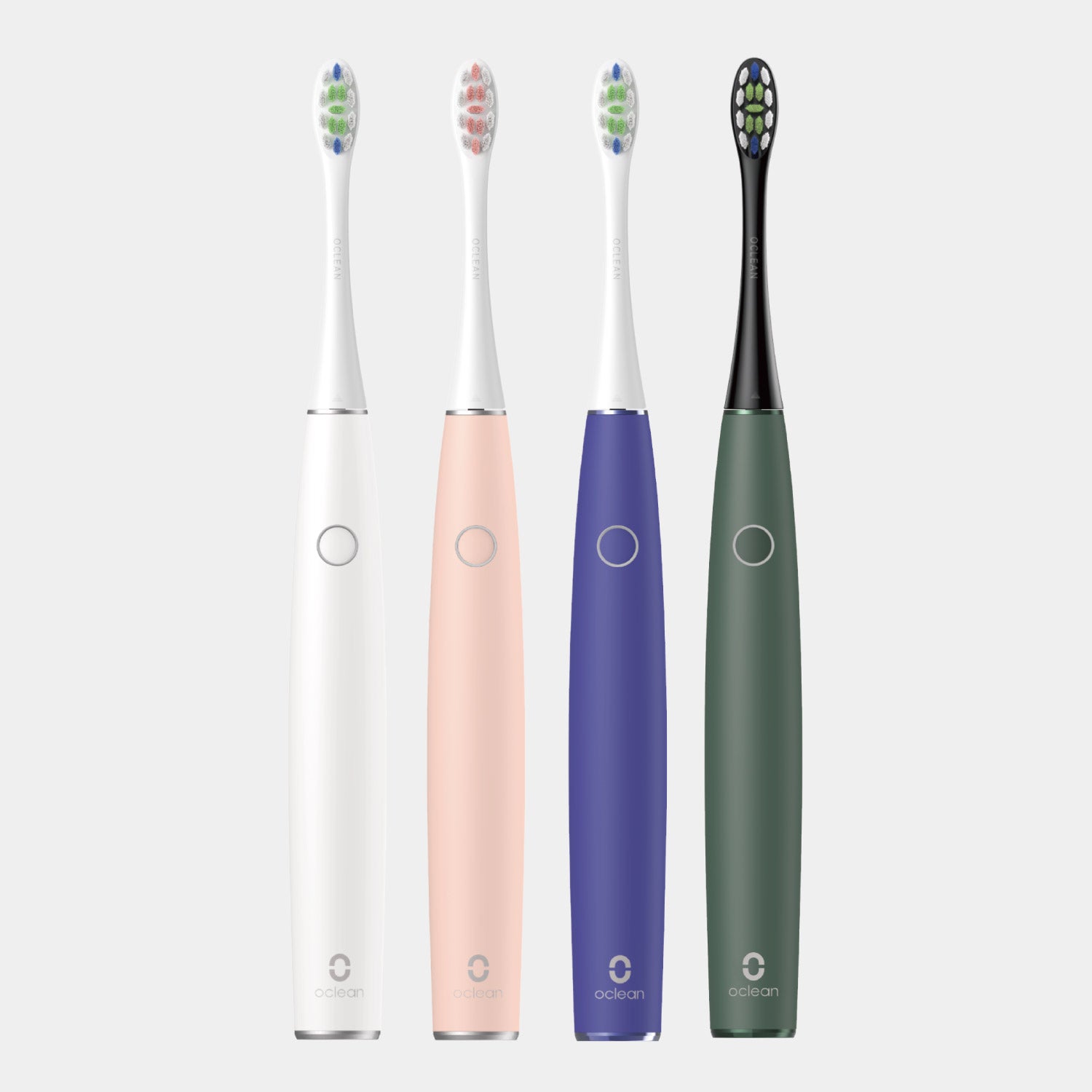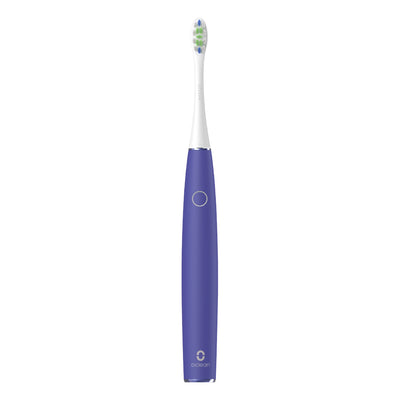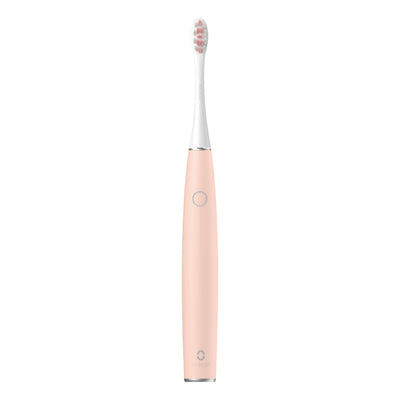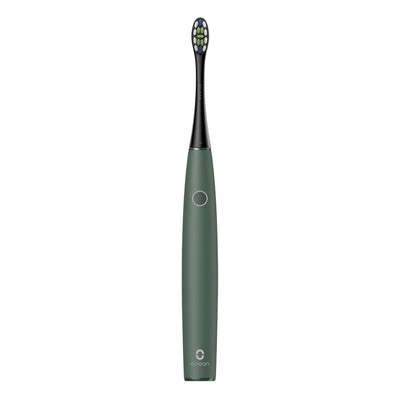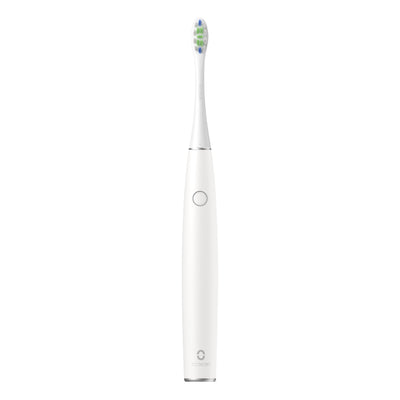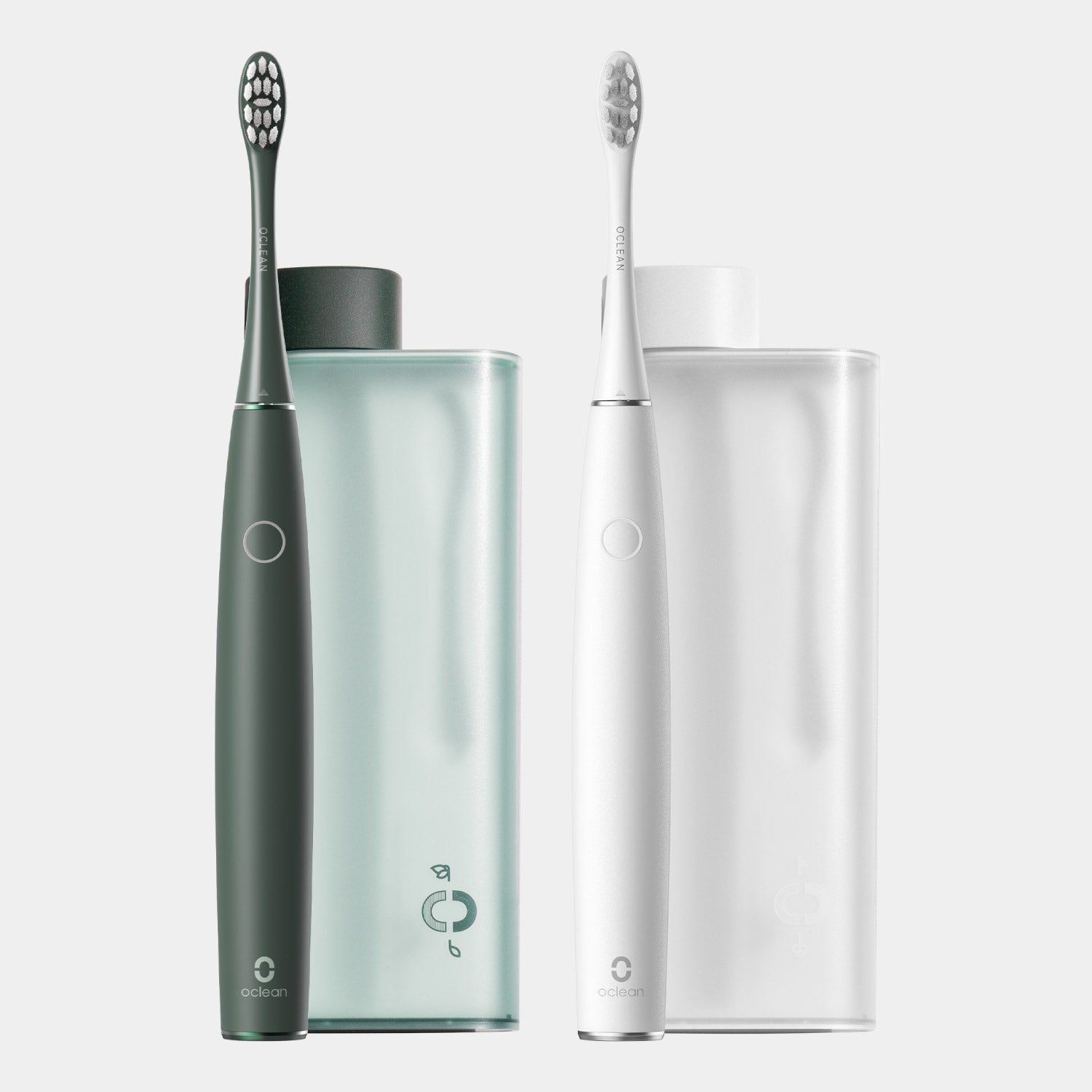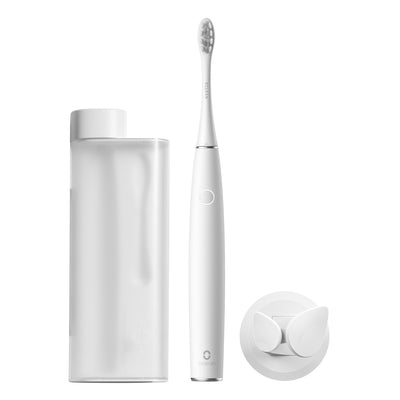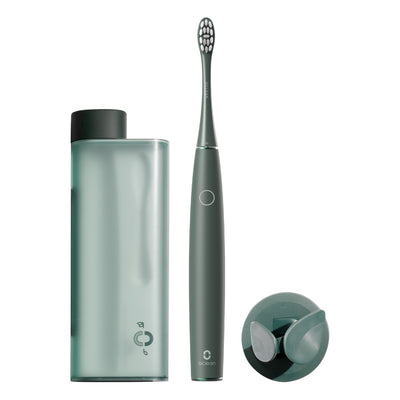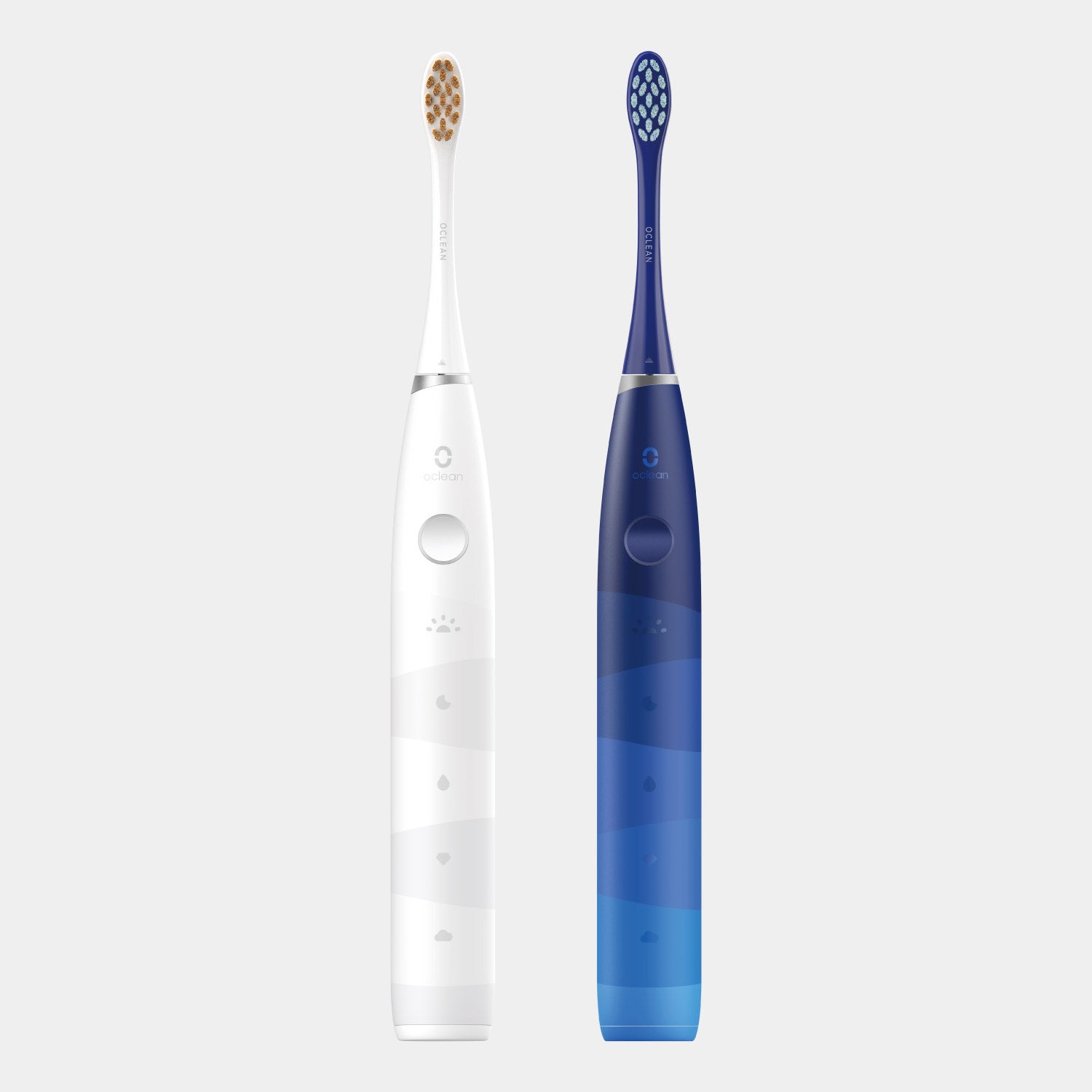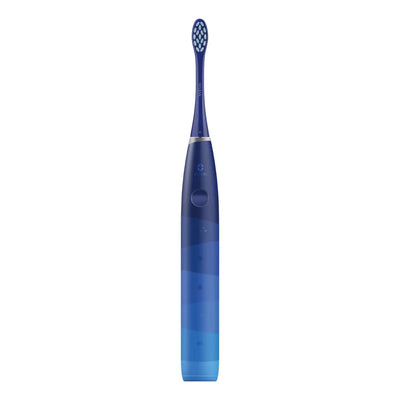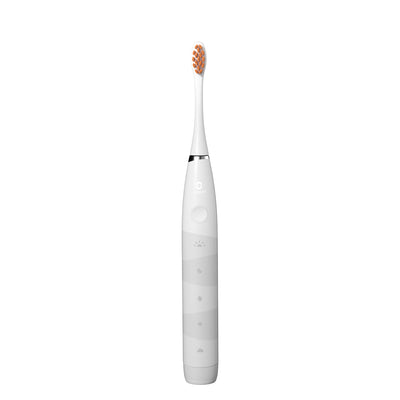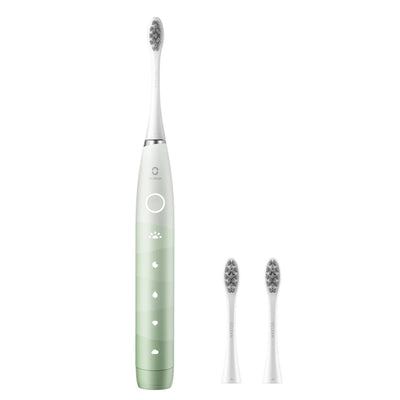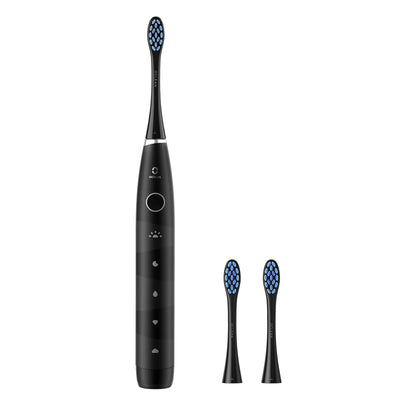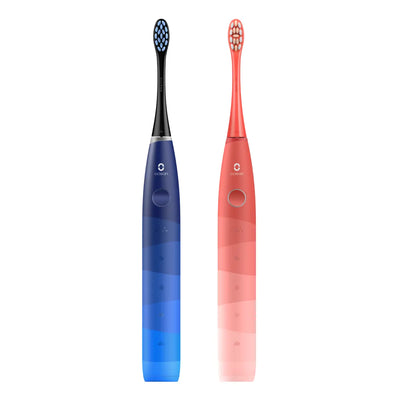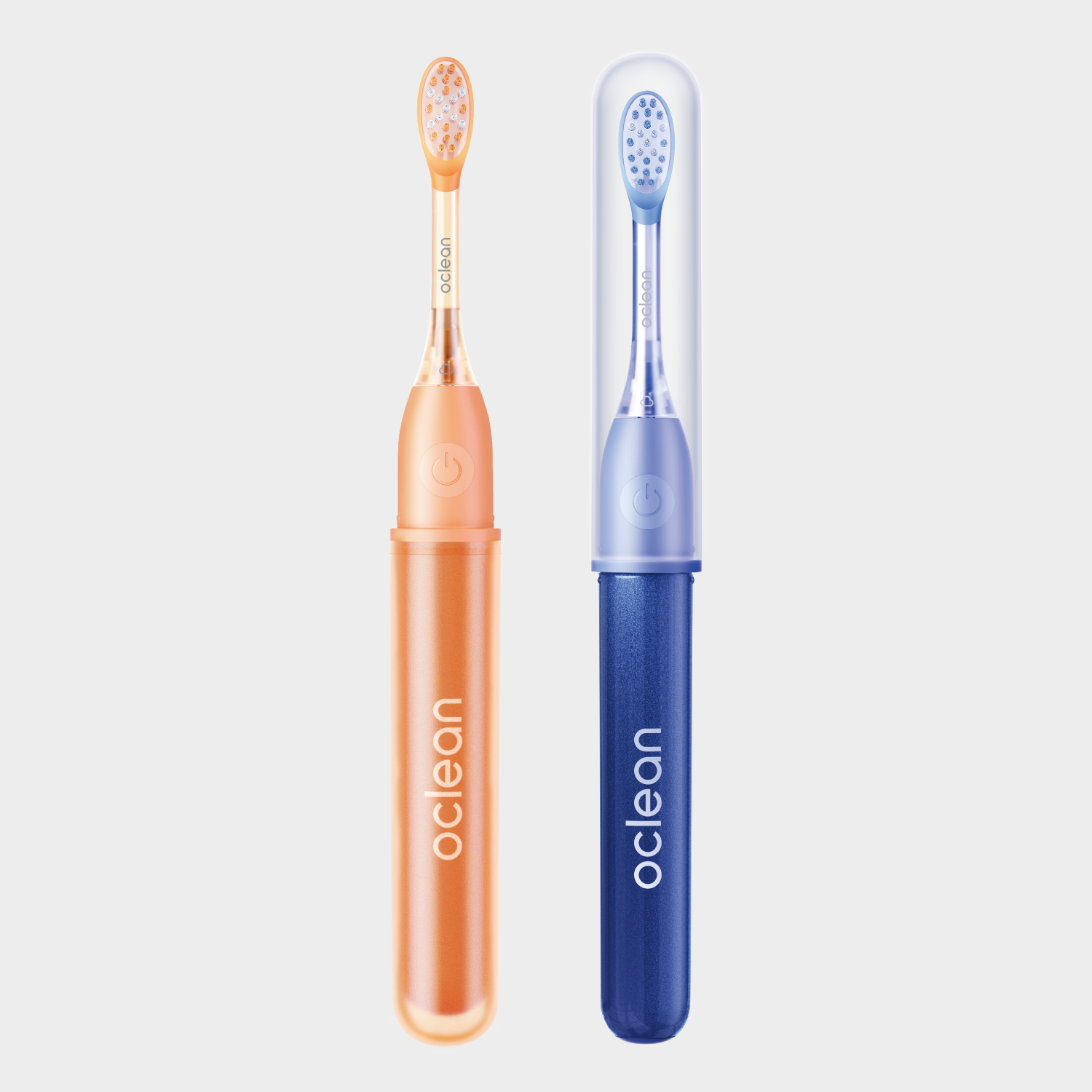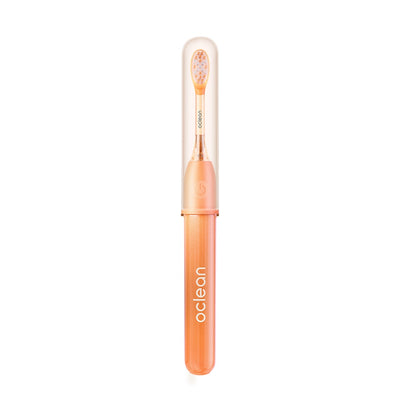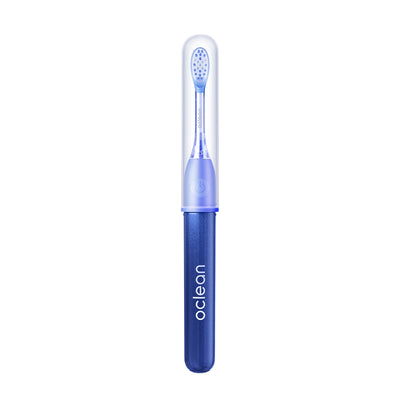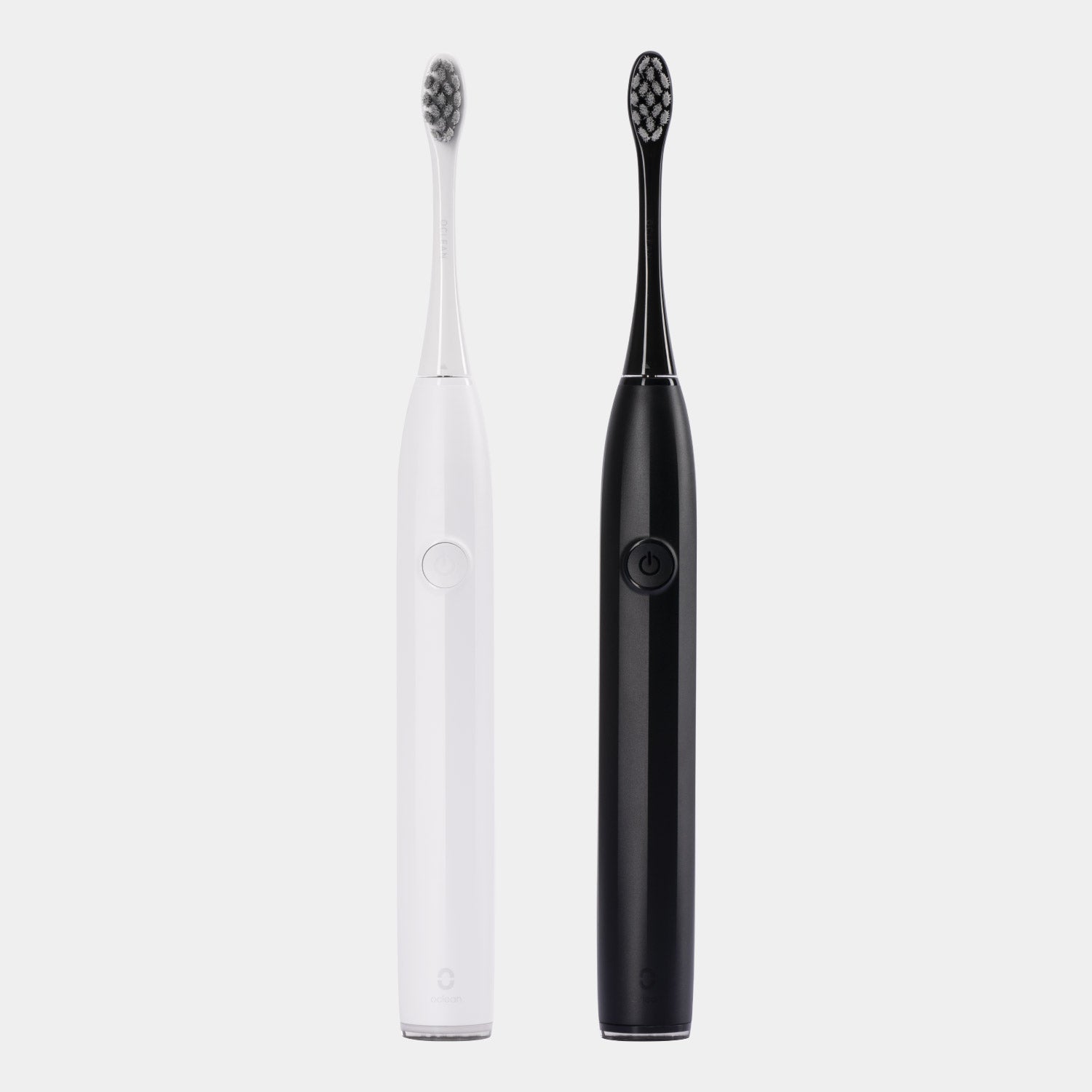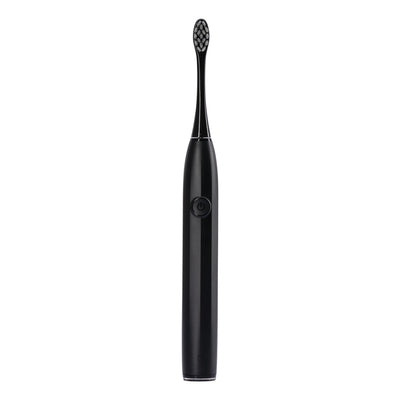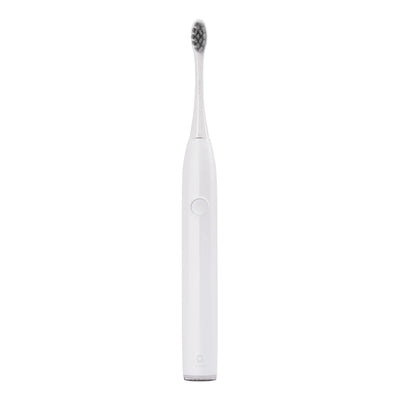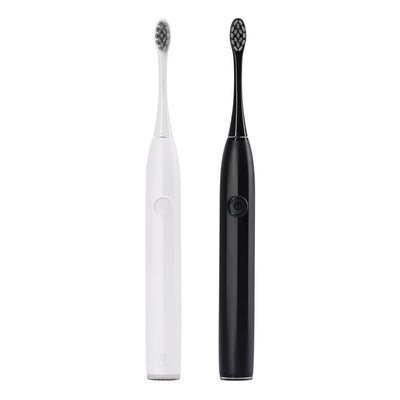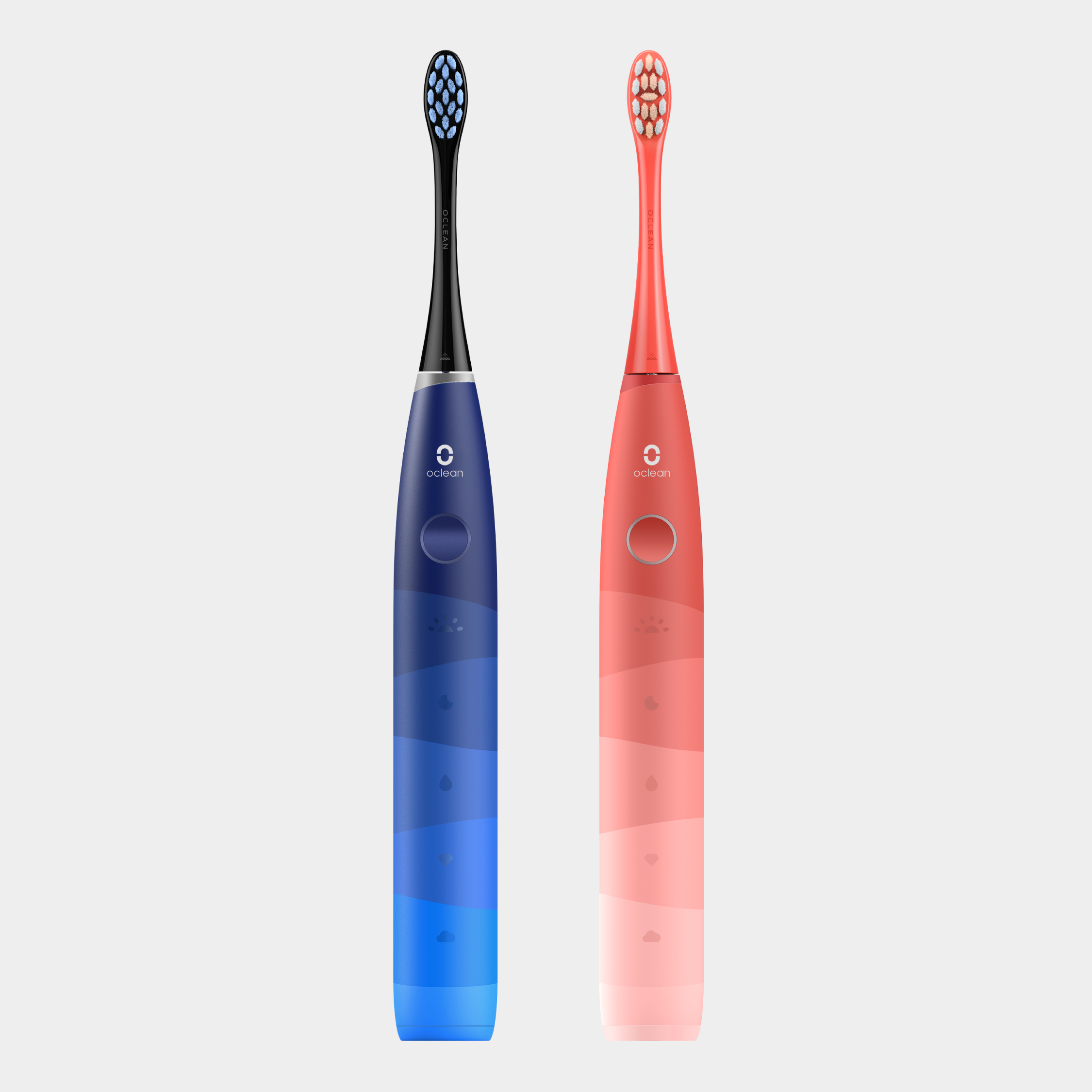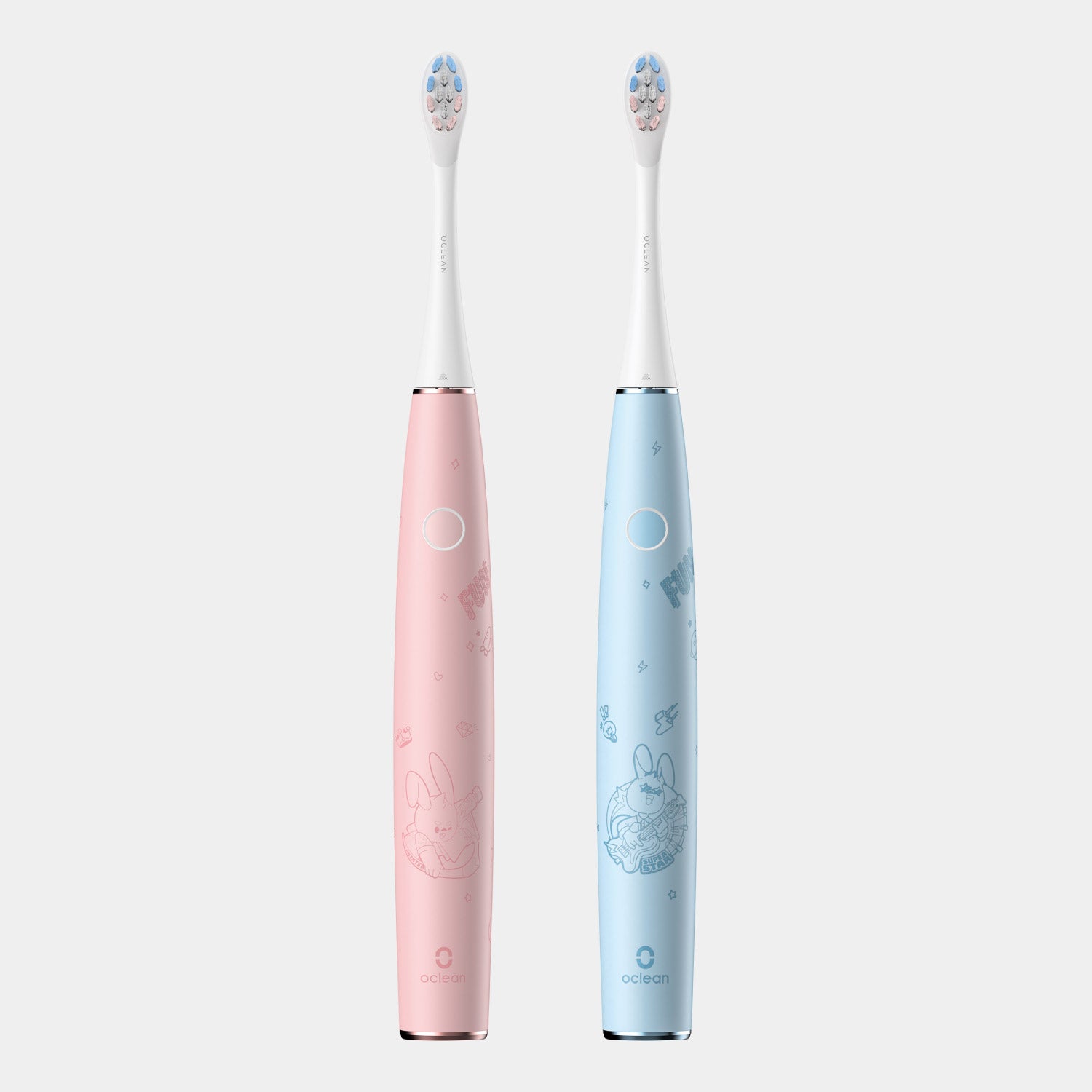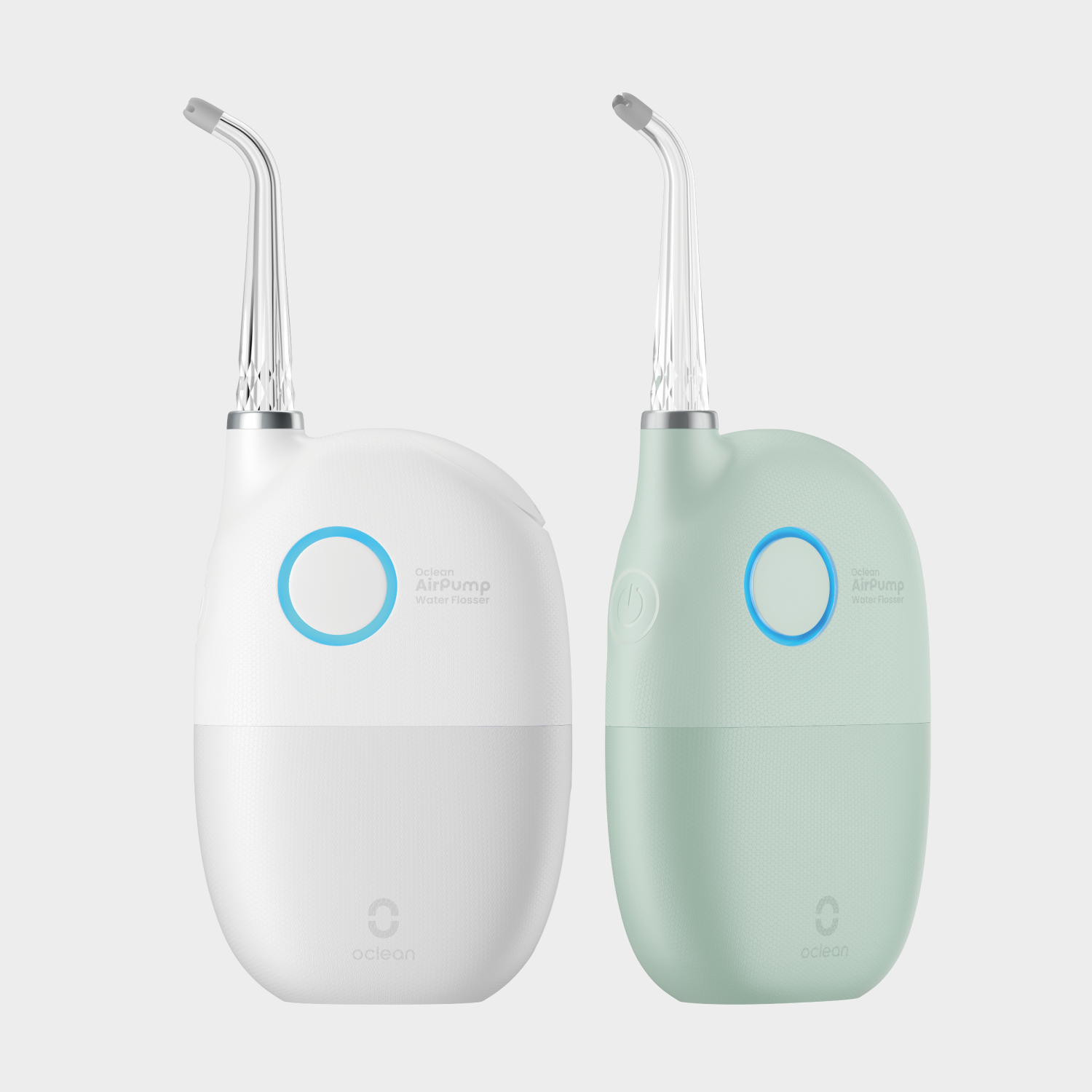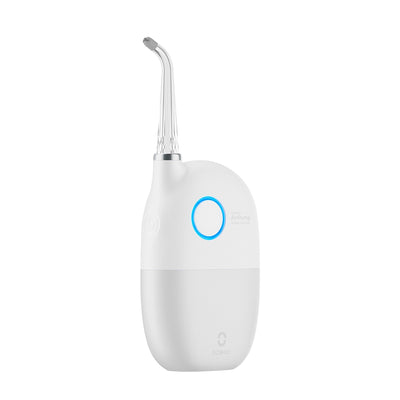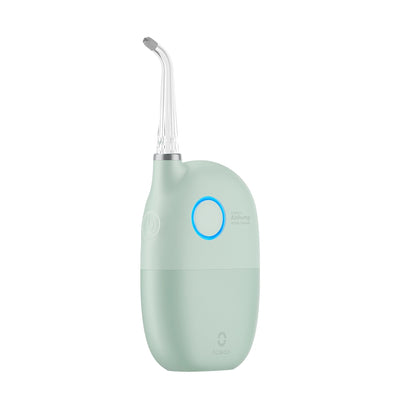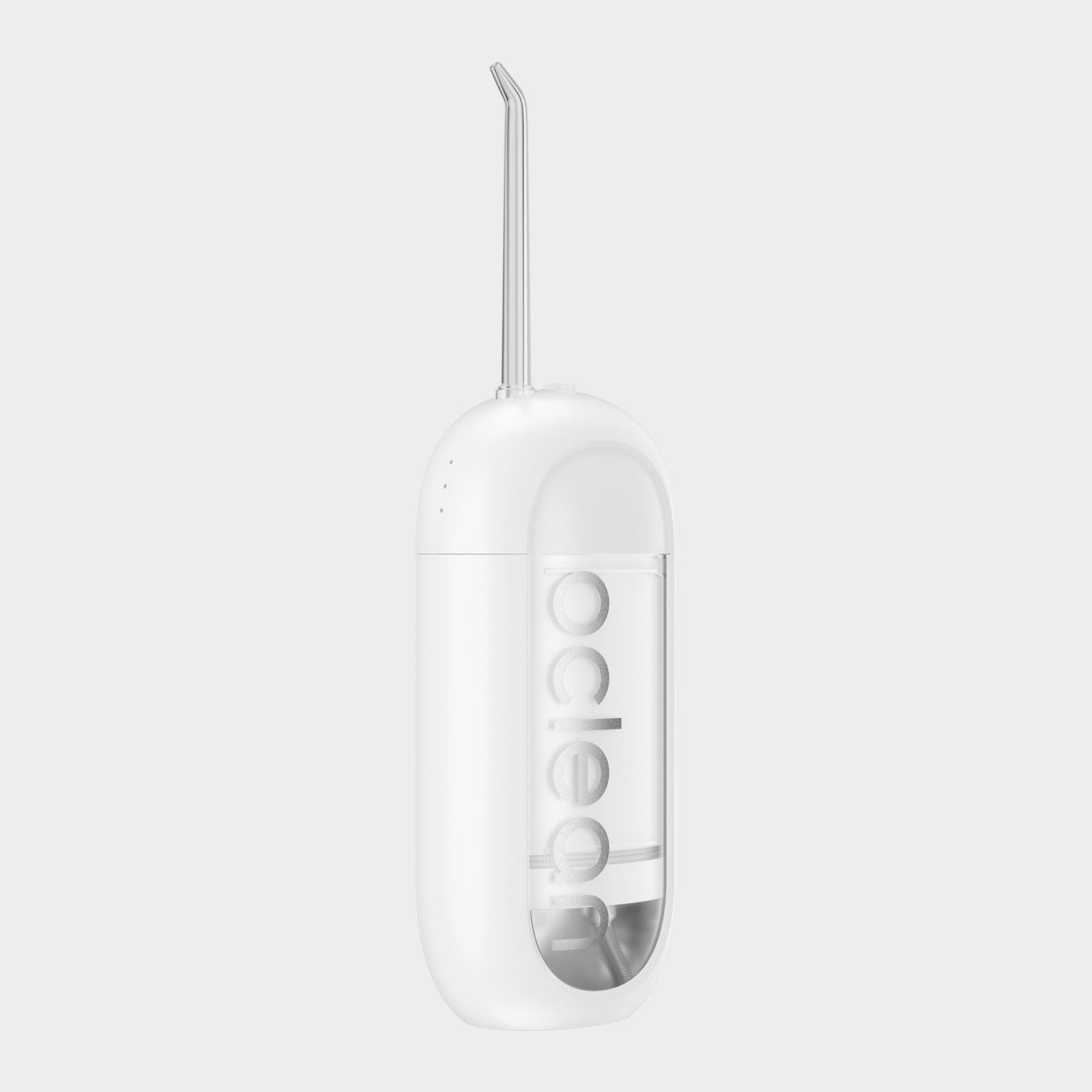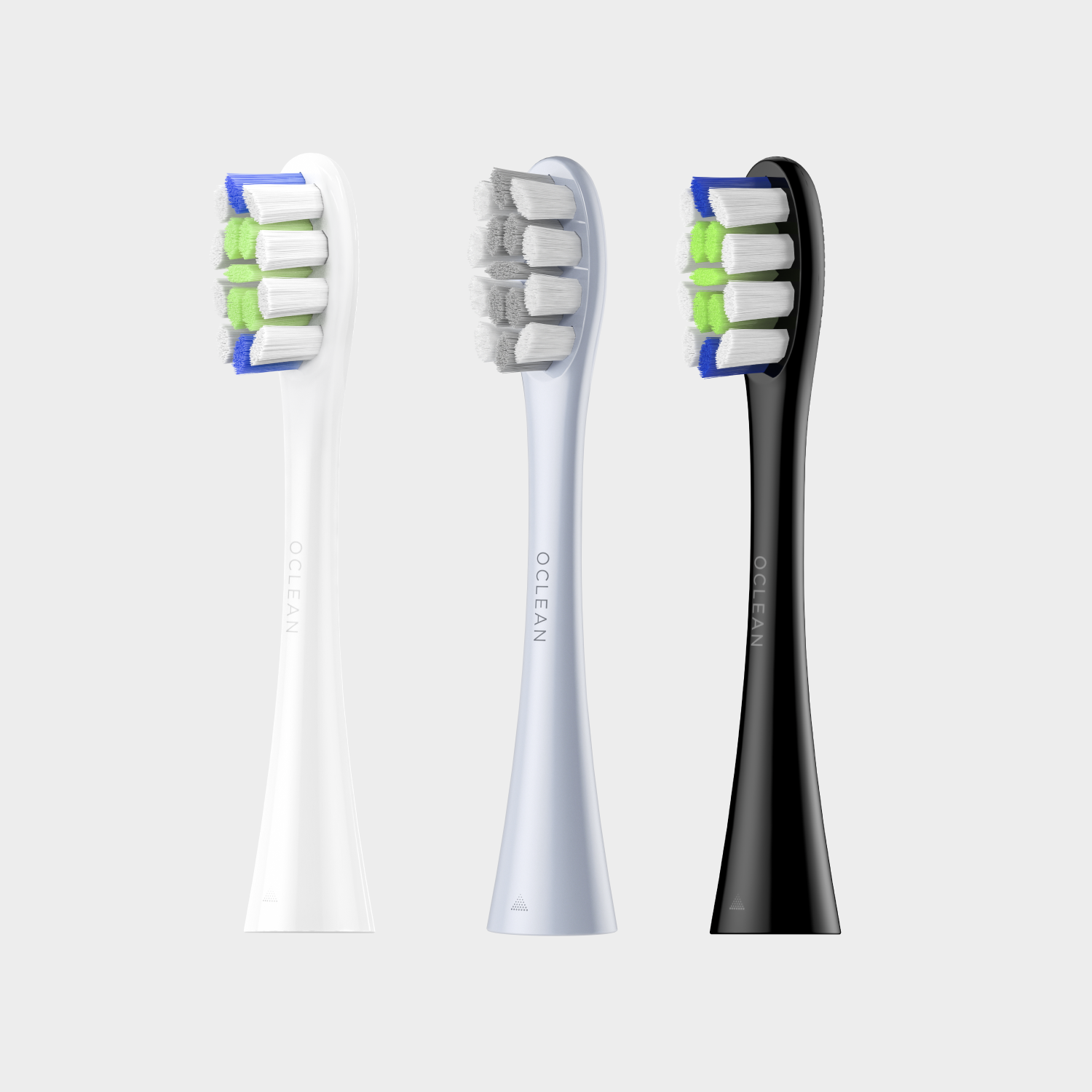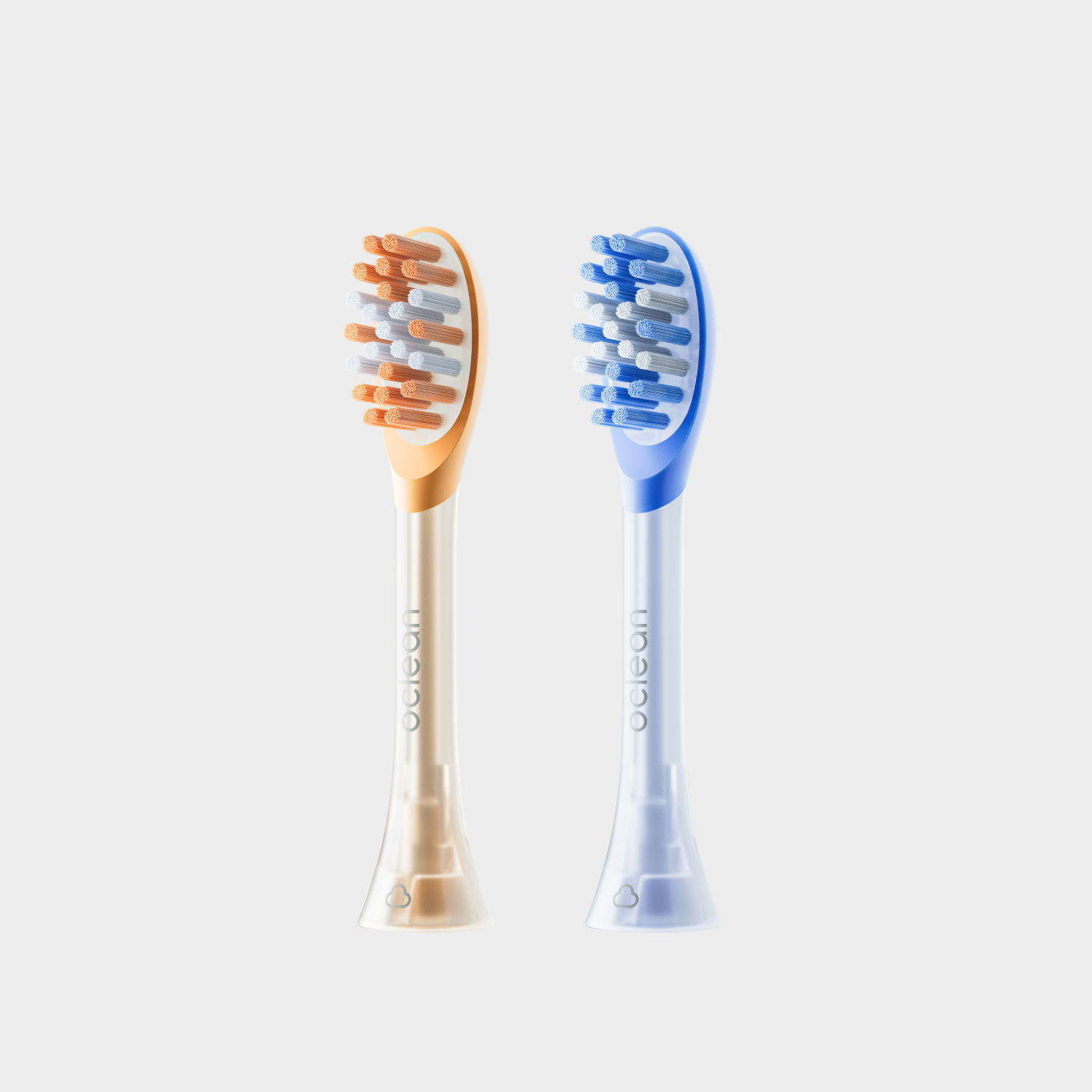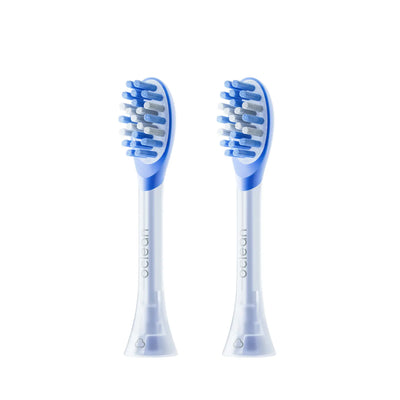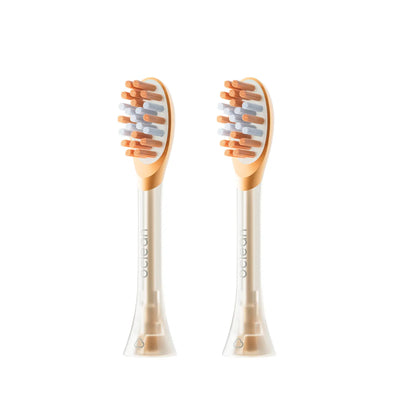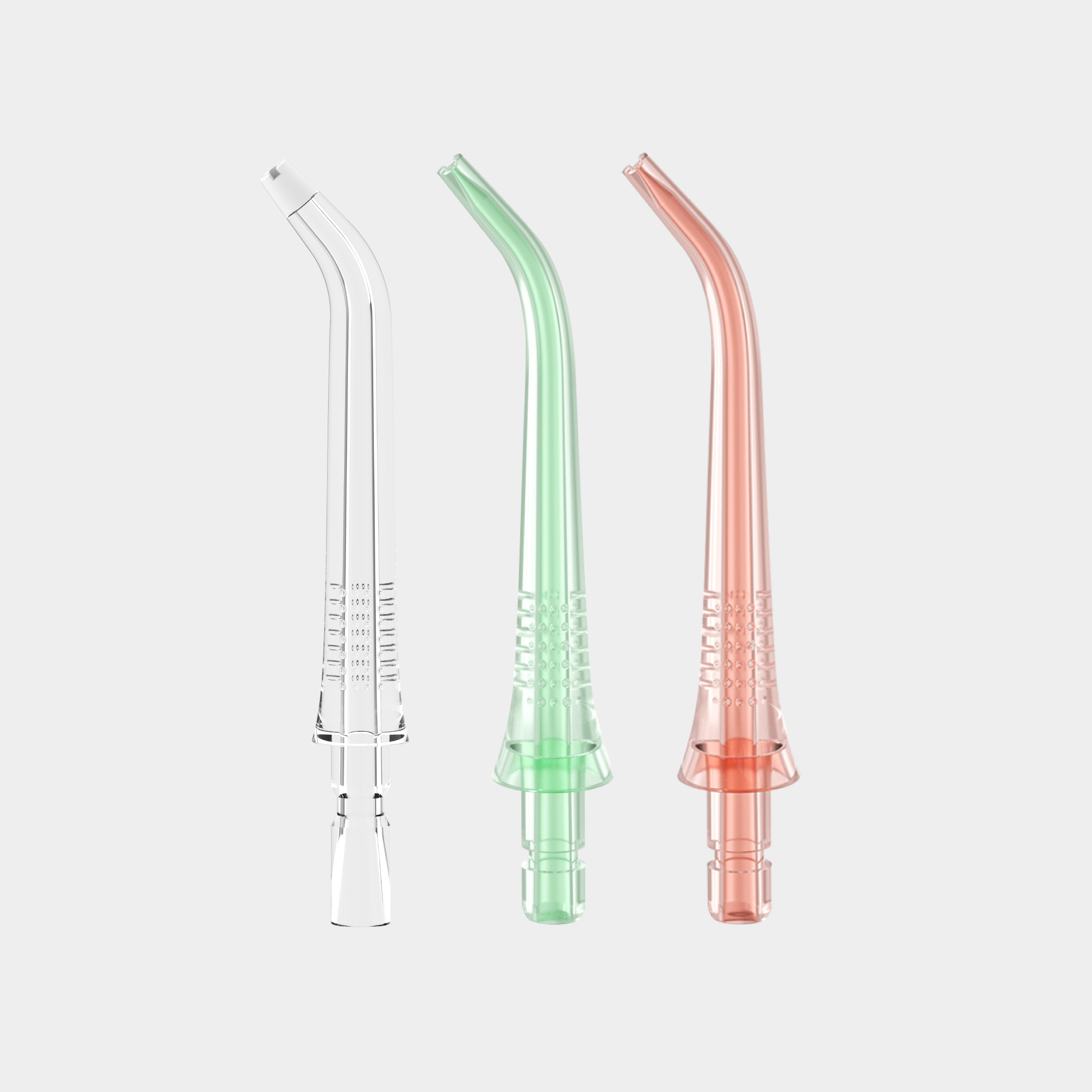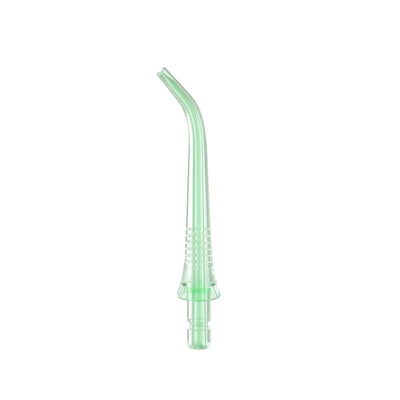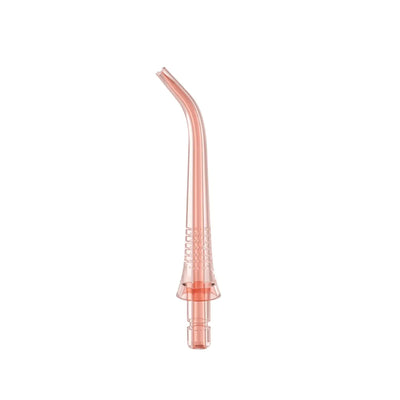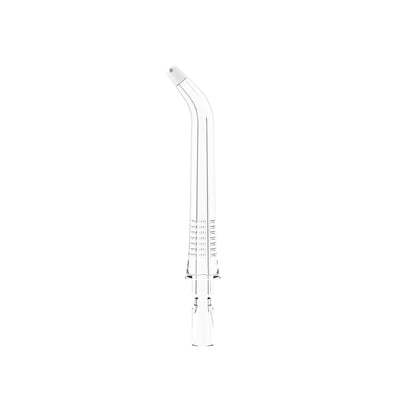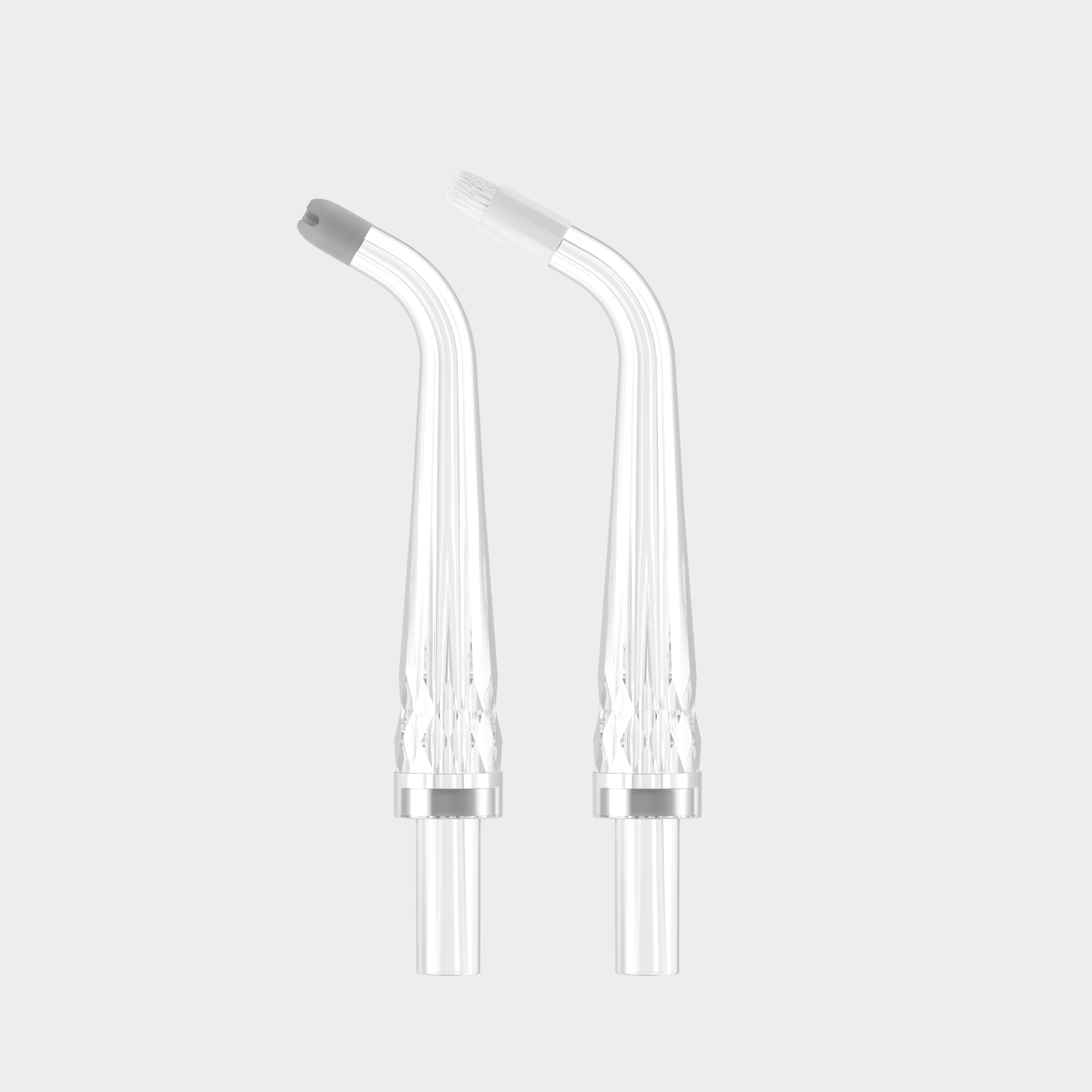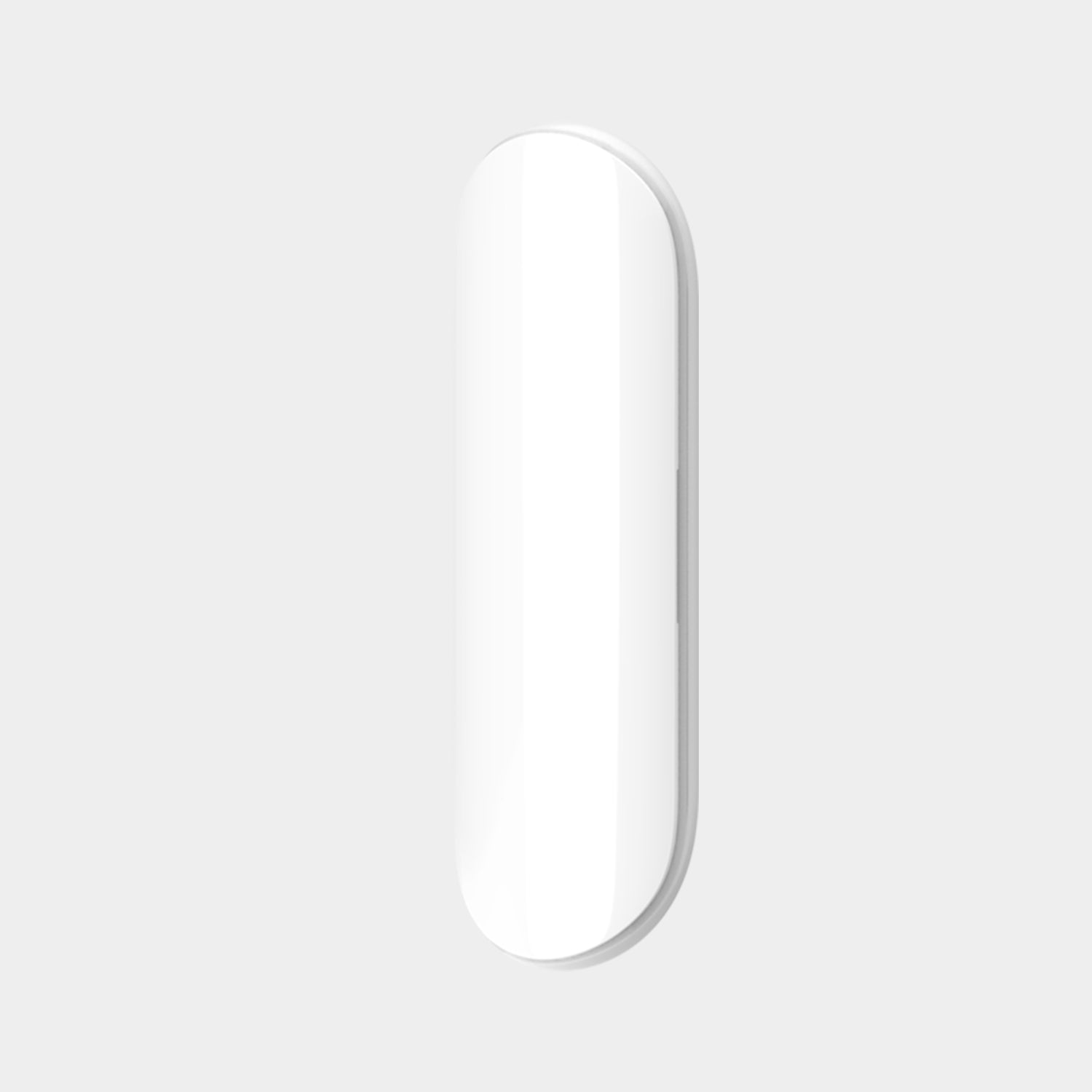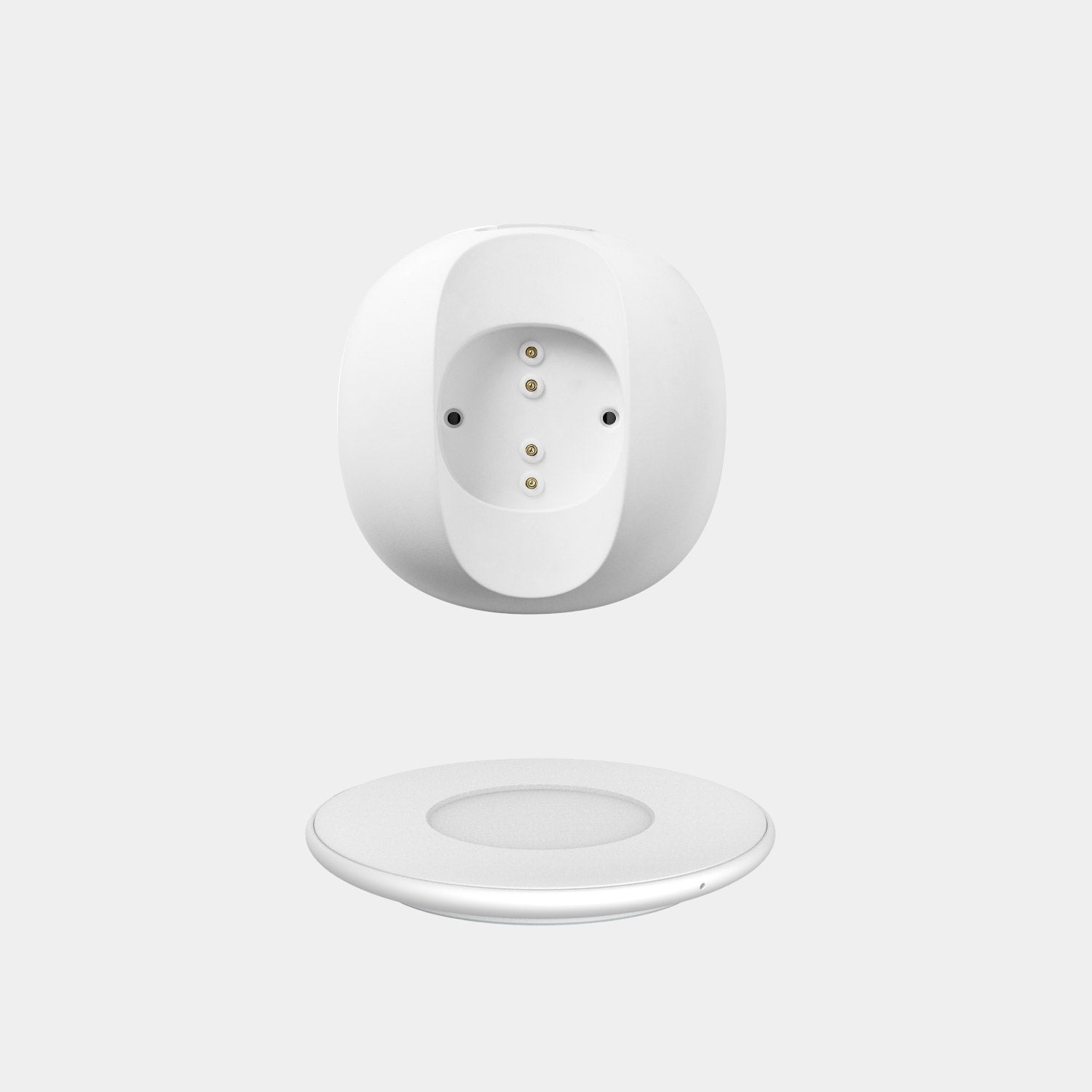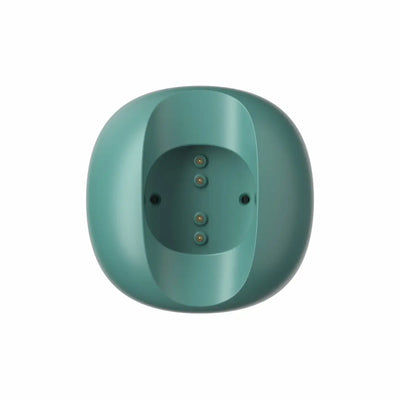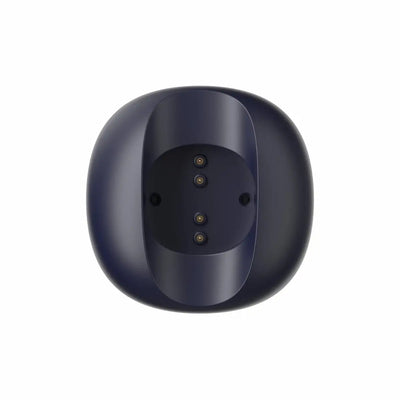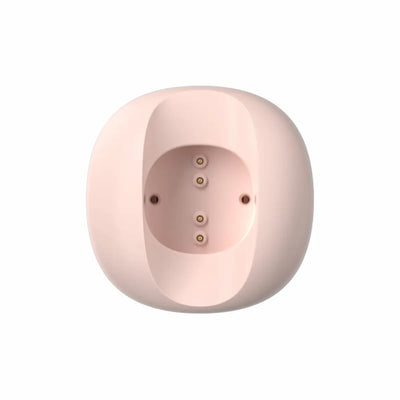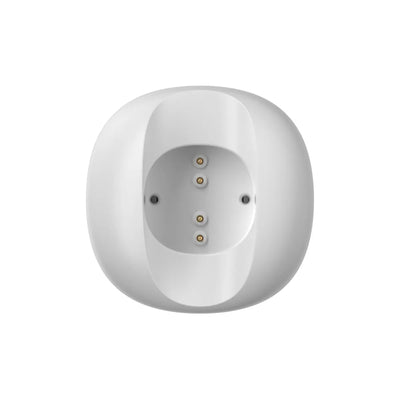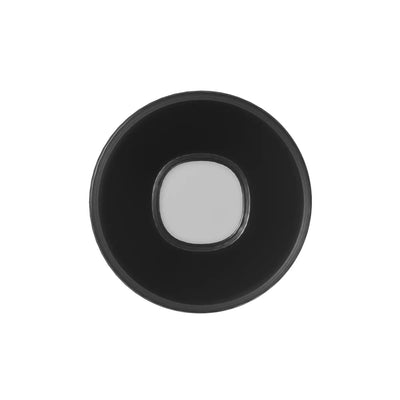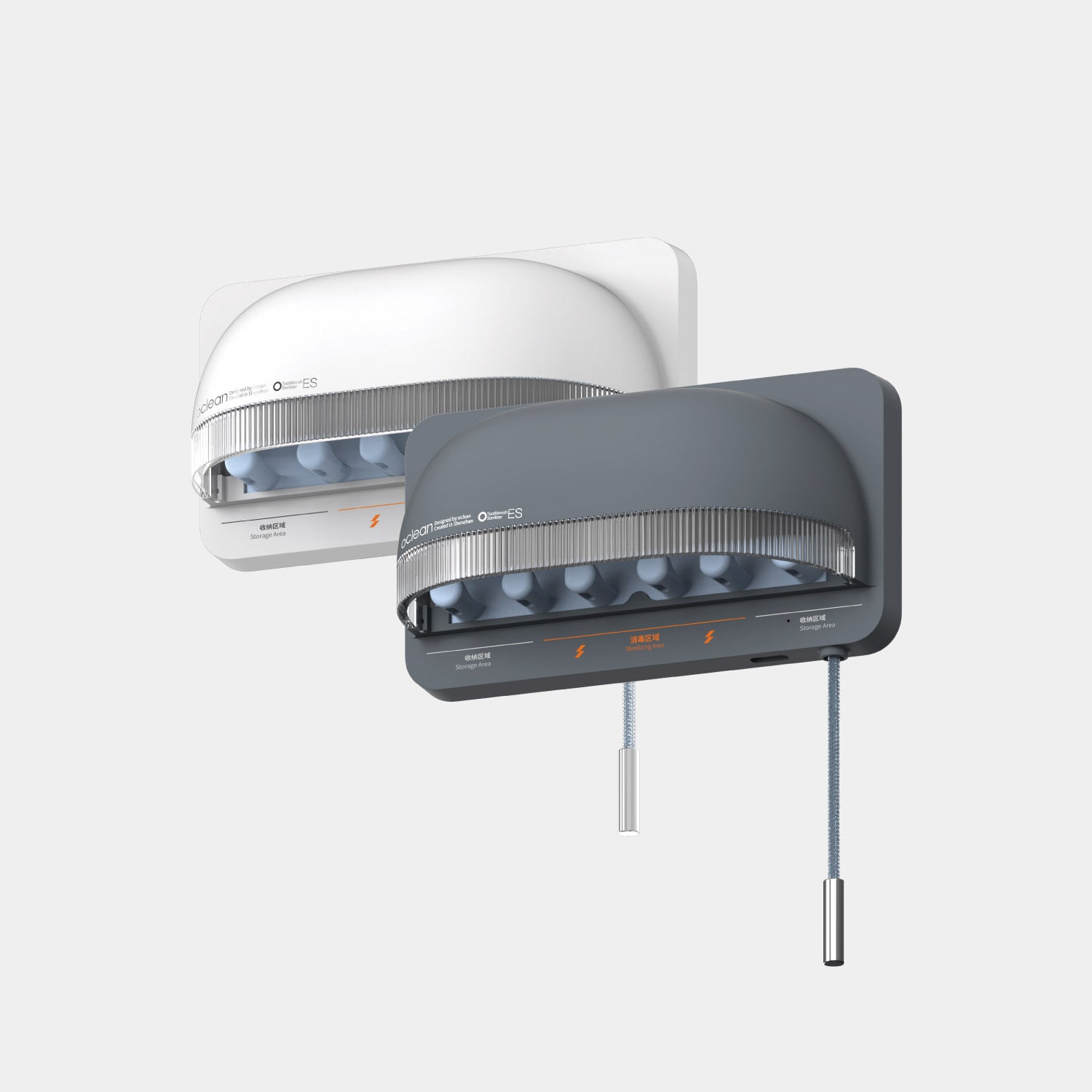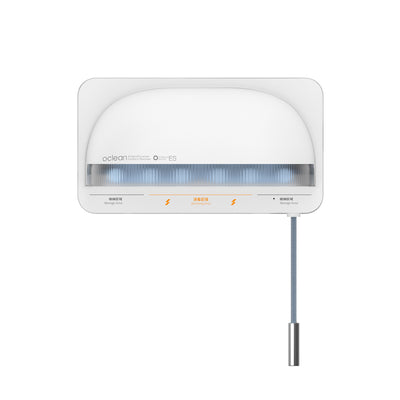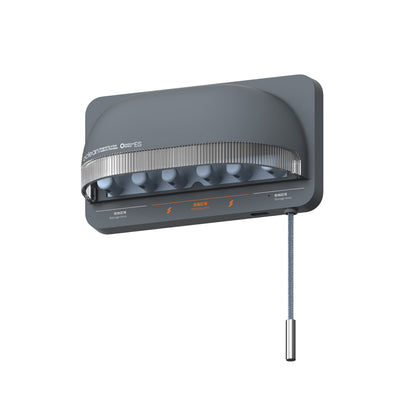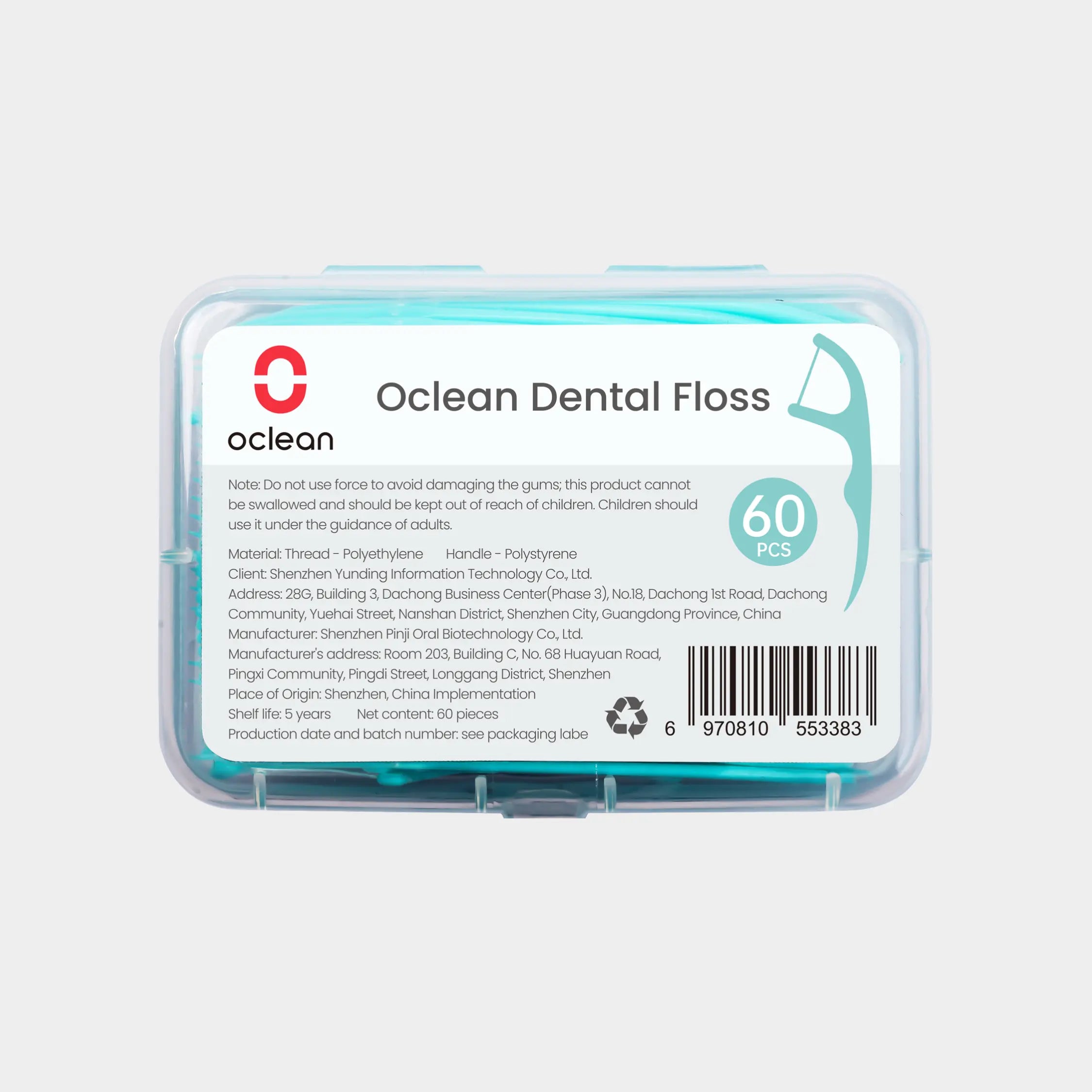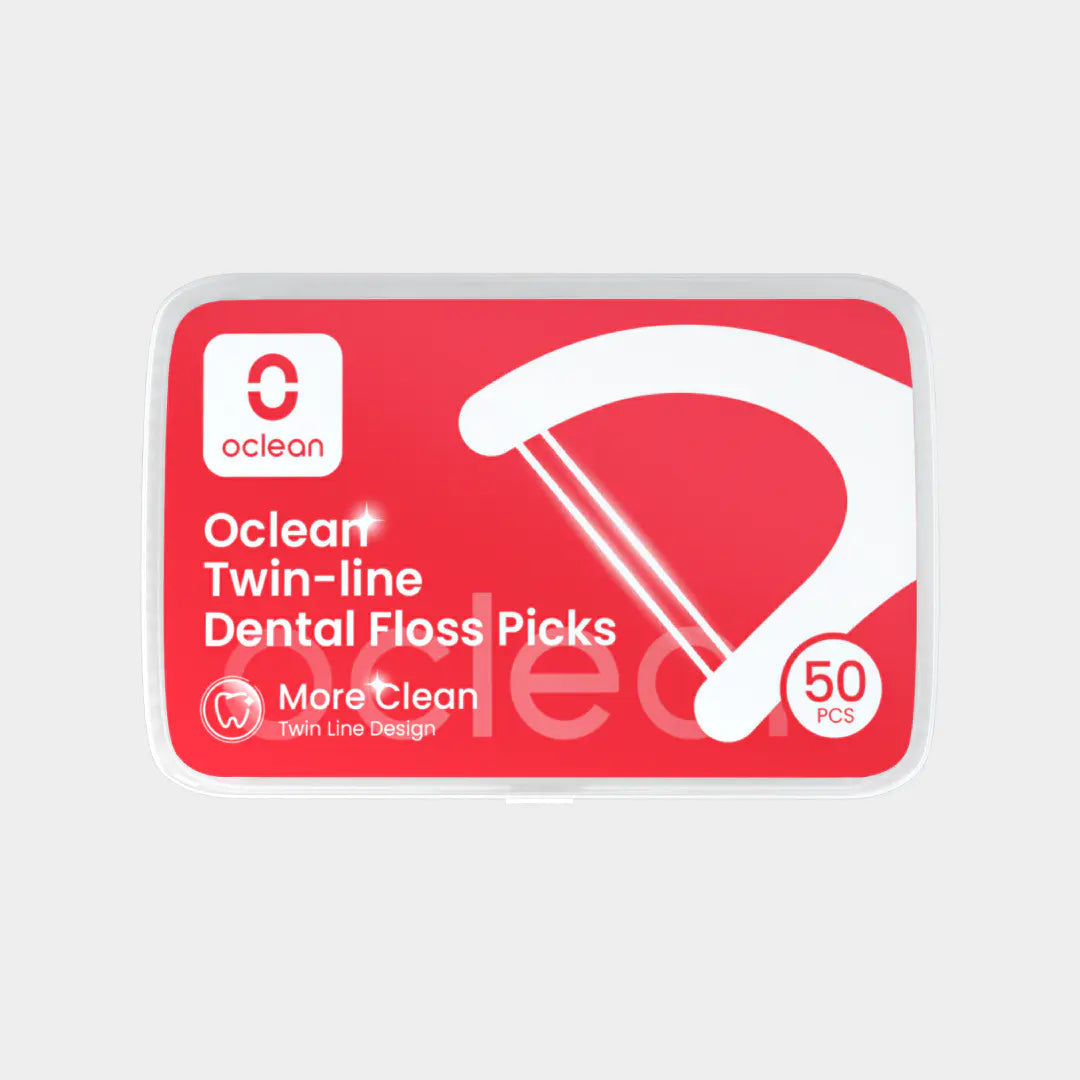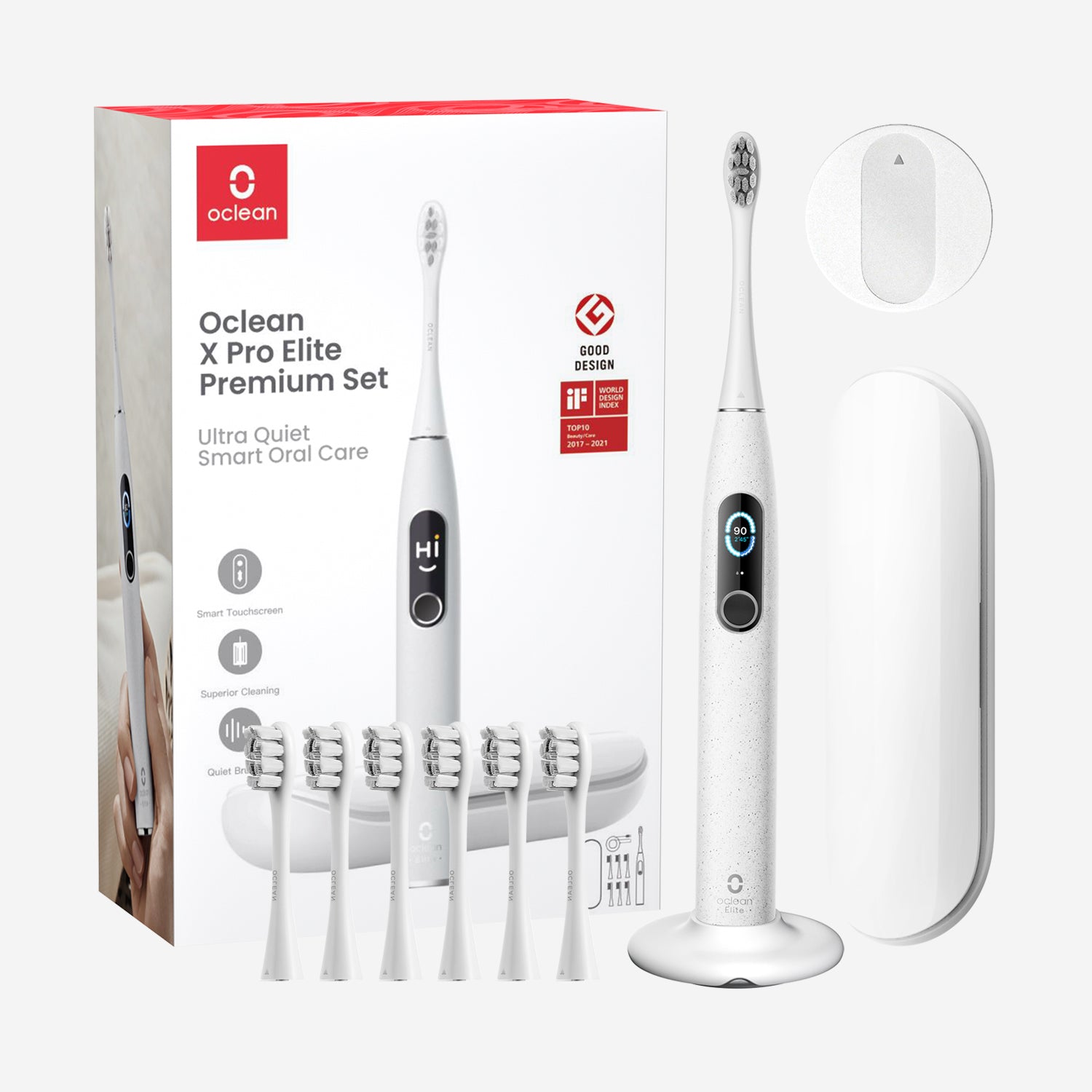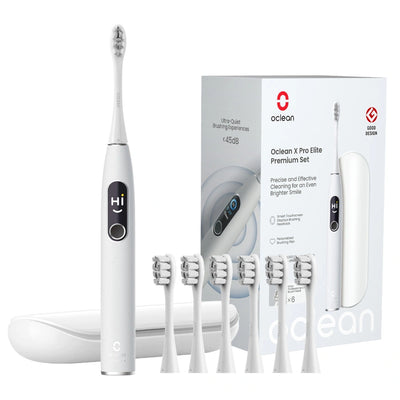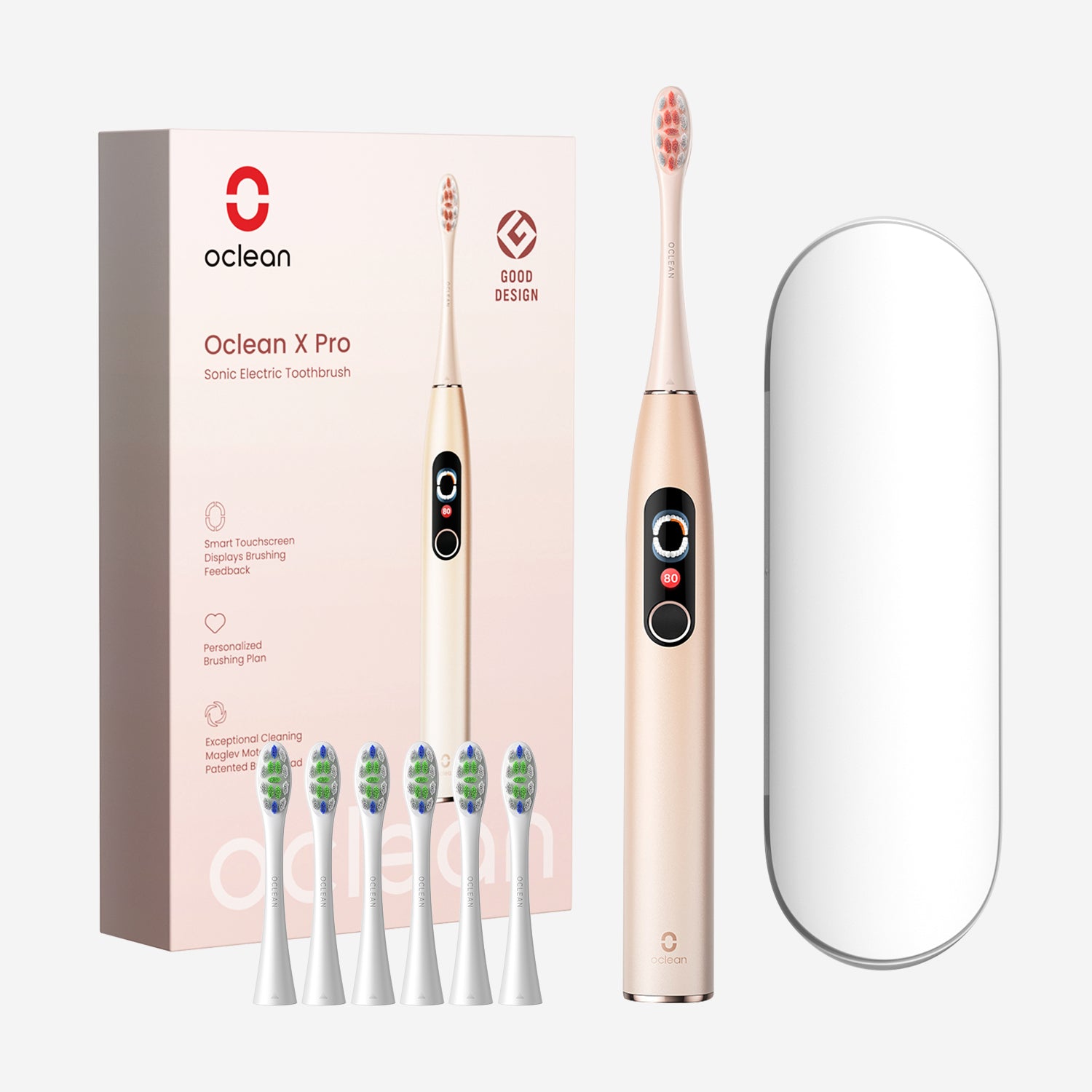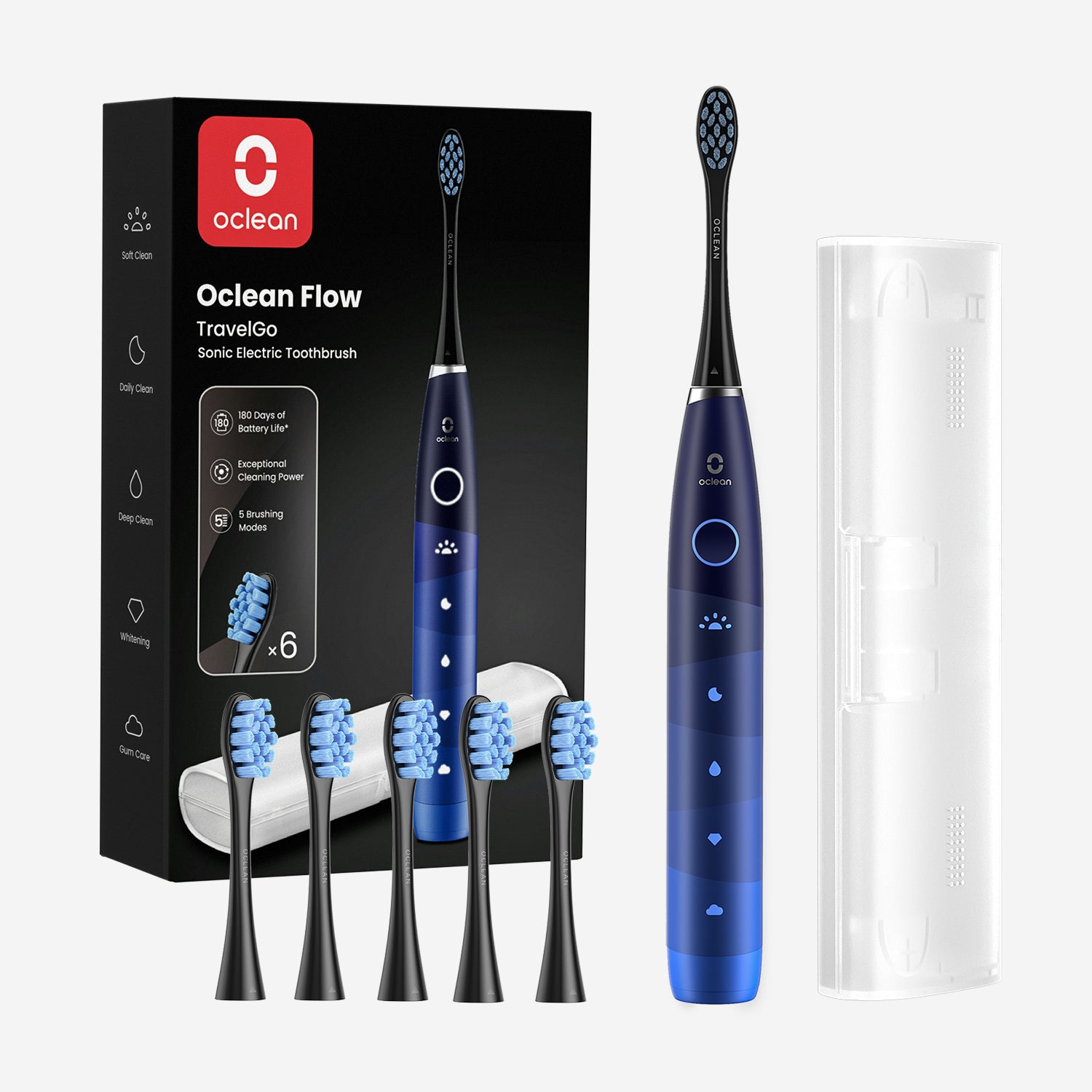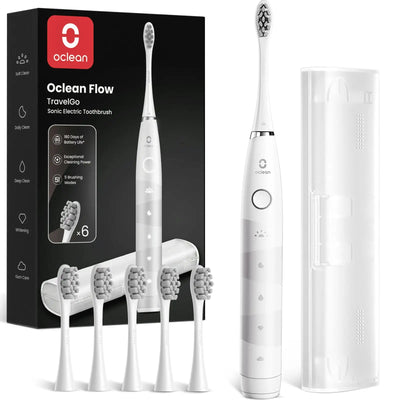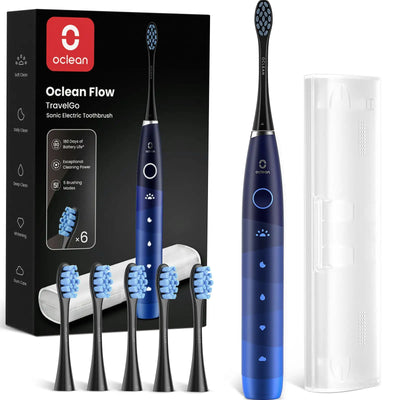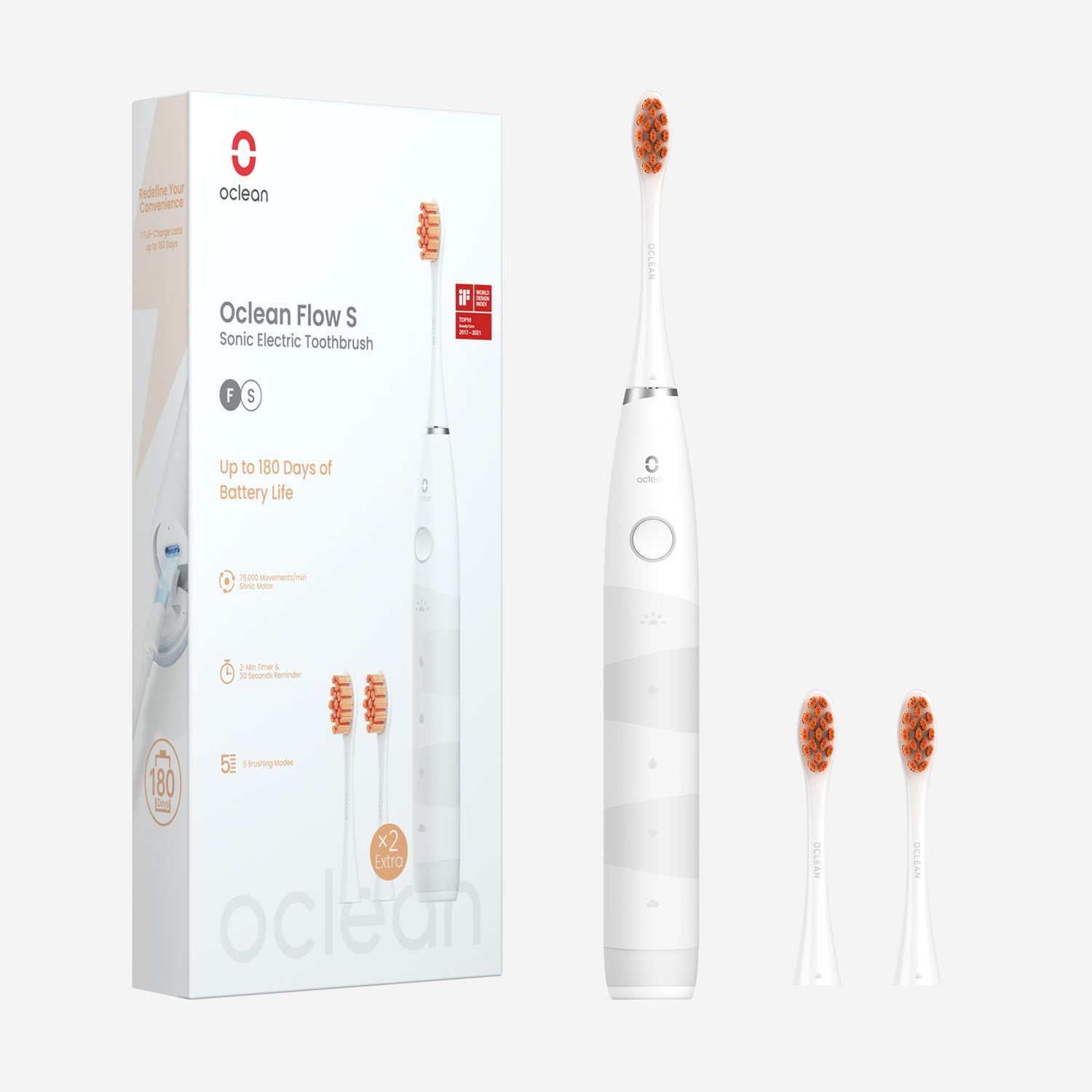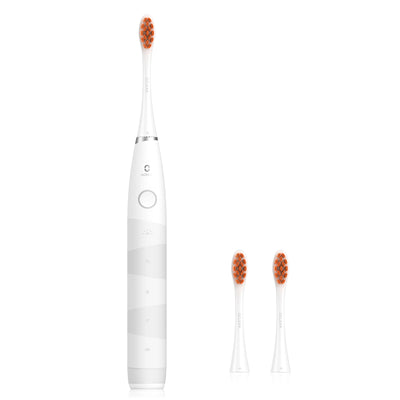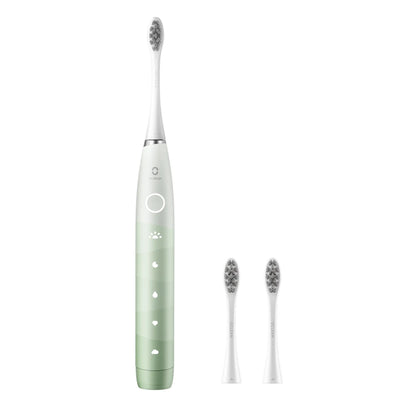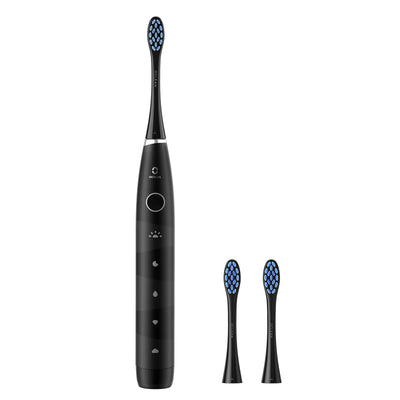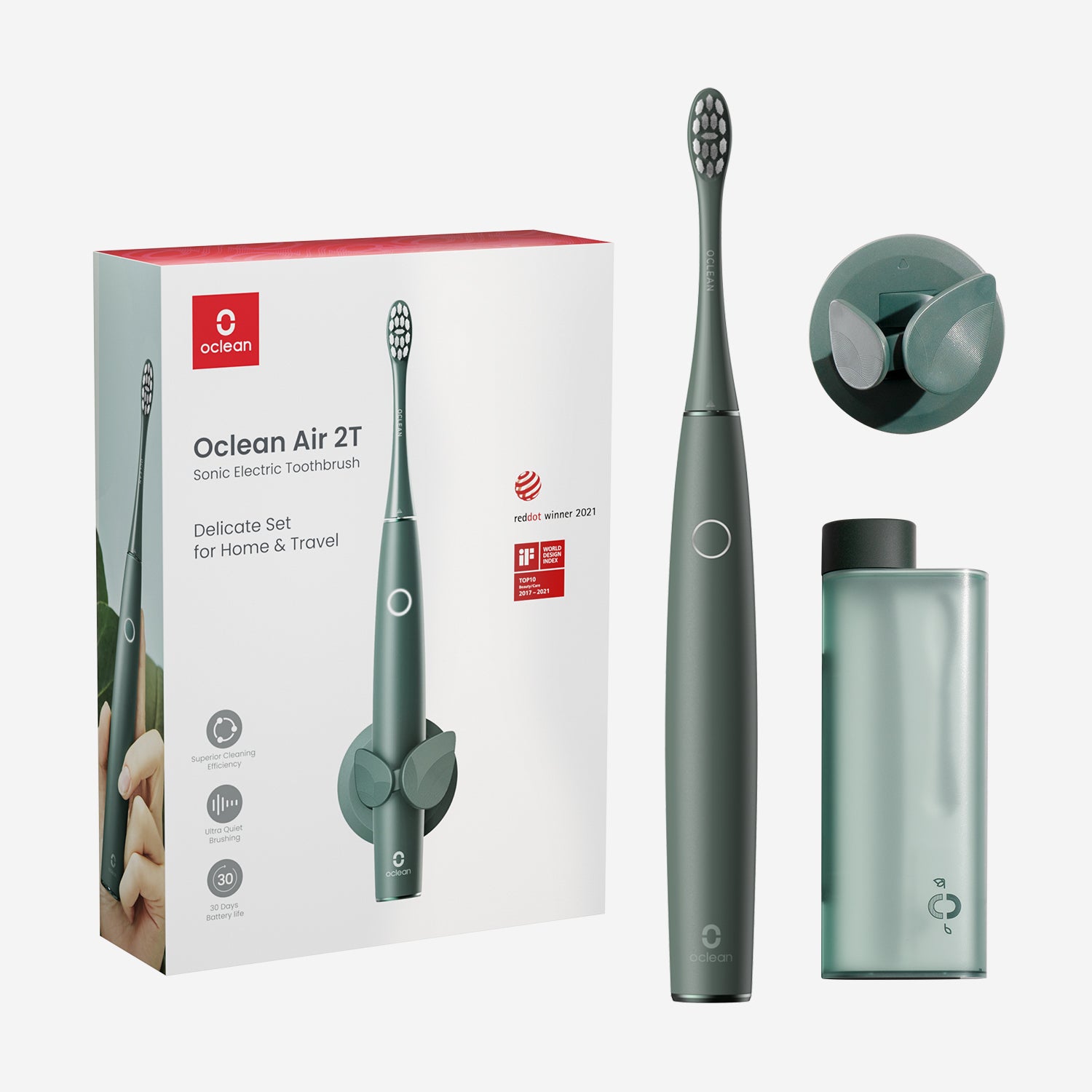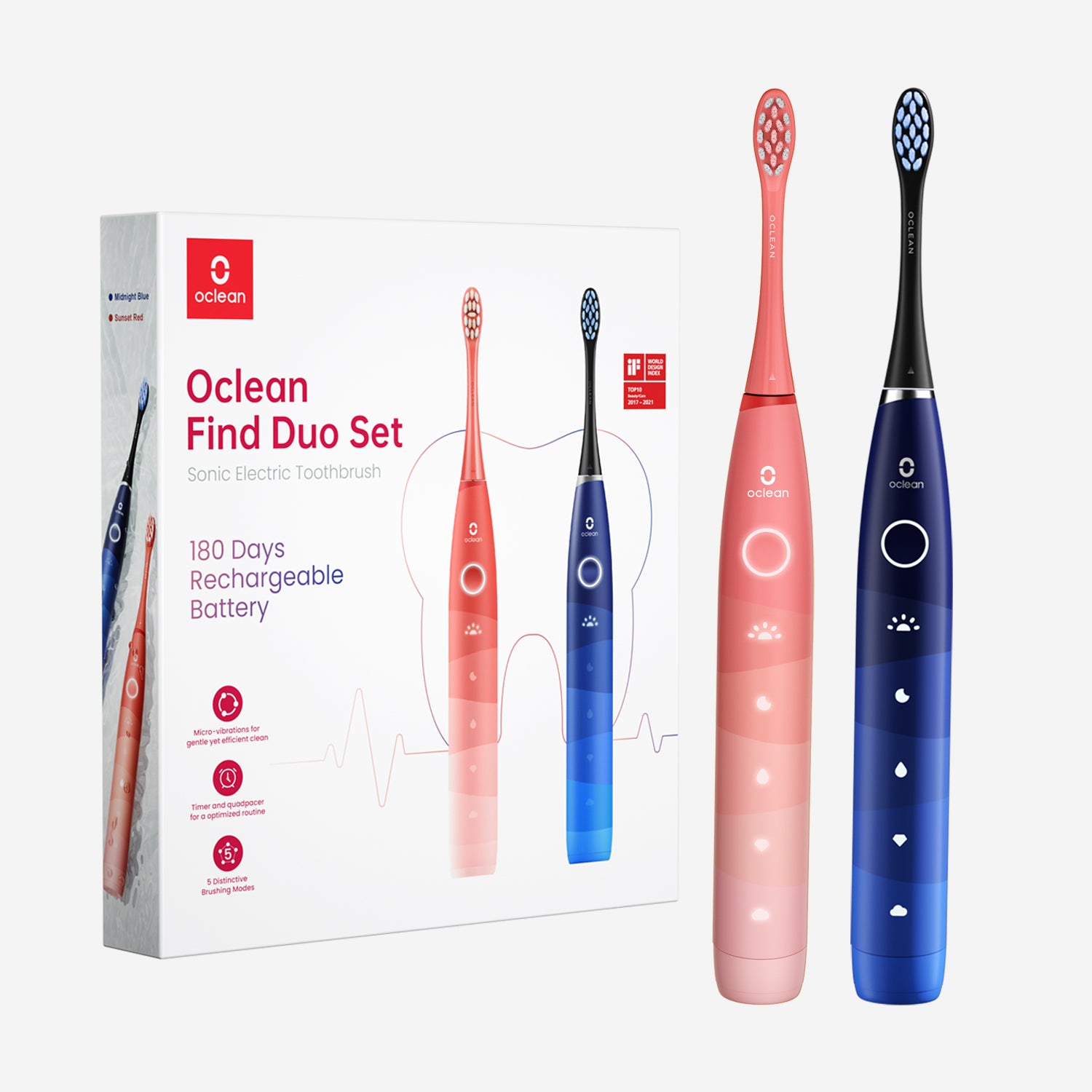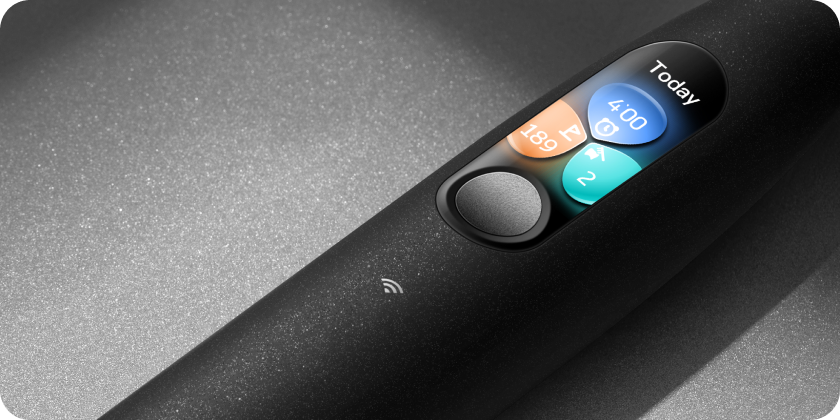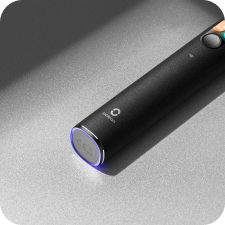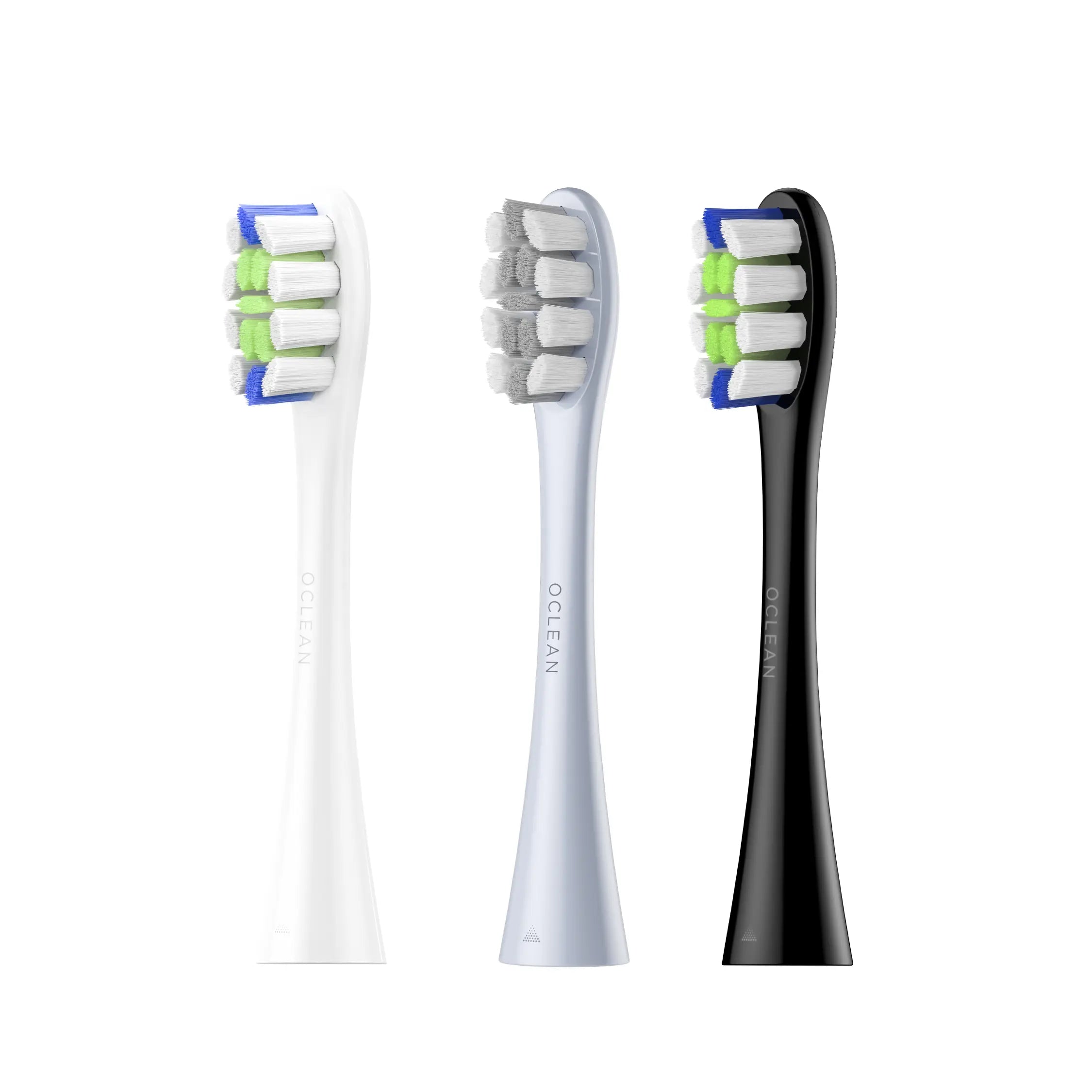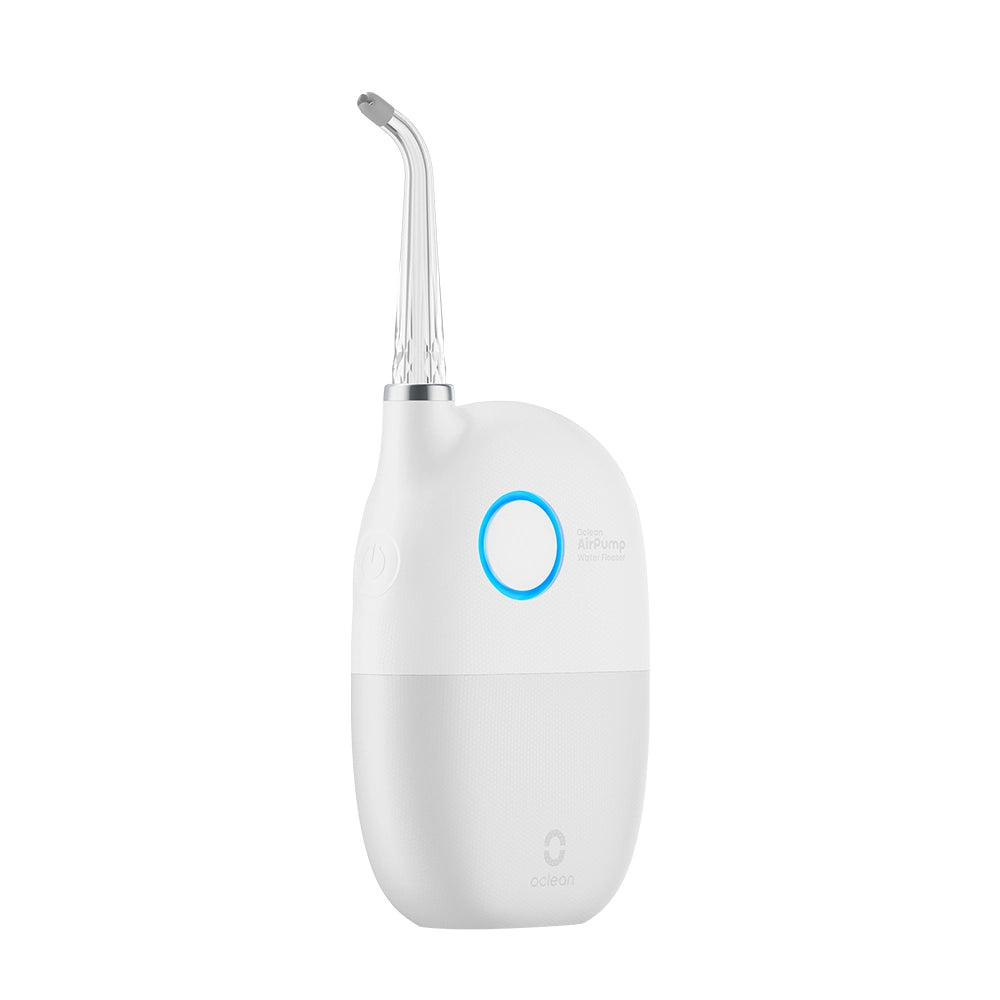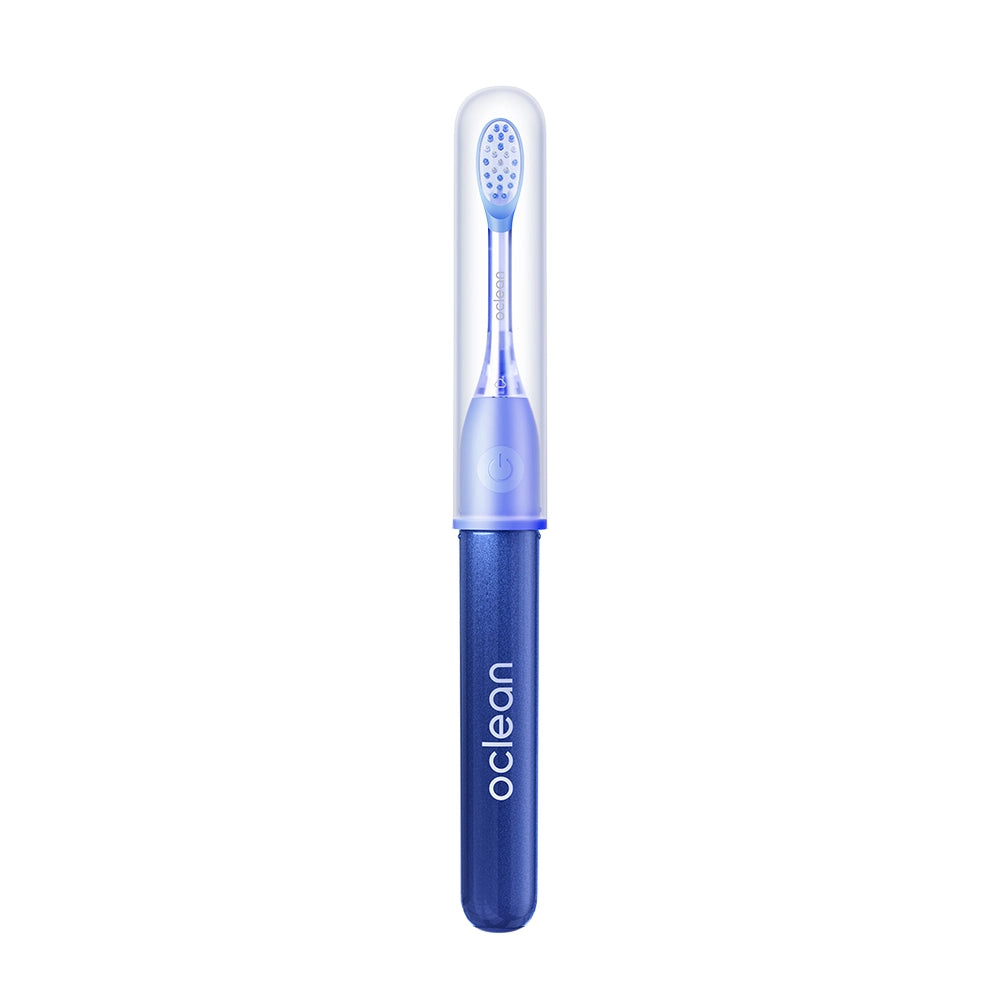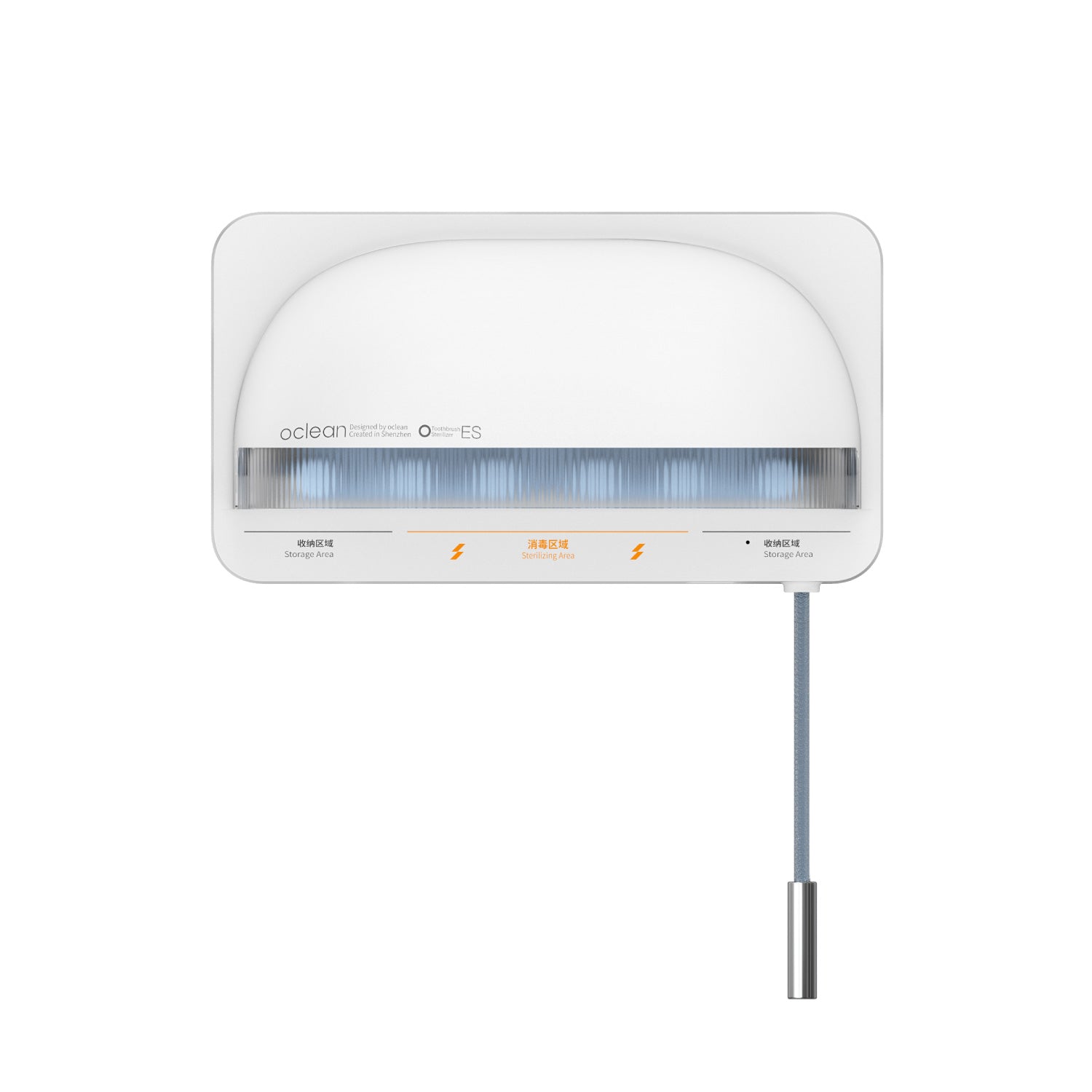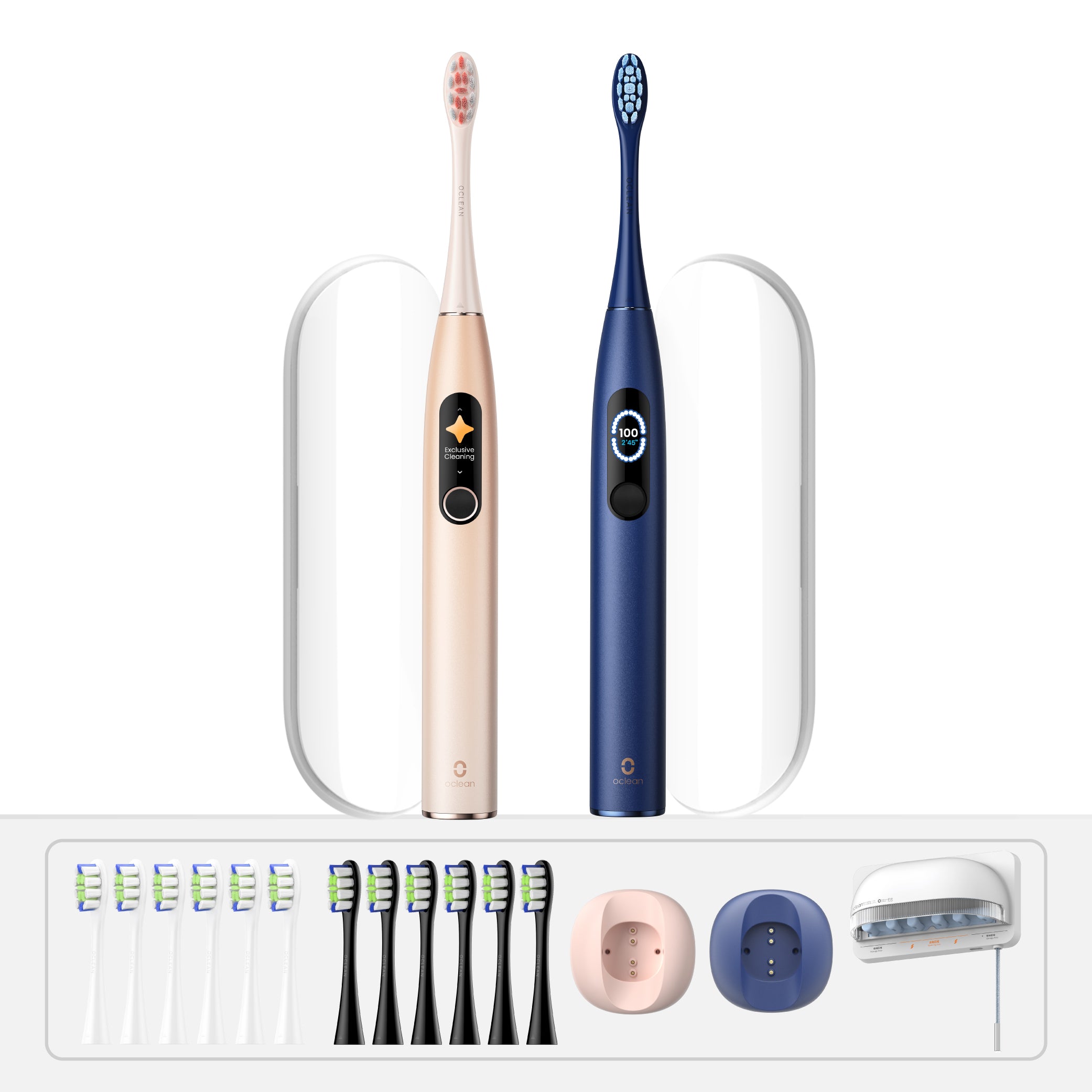For decades, individuals have been informed that wisdom teeth are a problem. They're frequently linked with pain, crowding, and the necessity for extraction. But what if all you've ever heard about wisdom teeth removal is a myth?
Think about getting through the agonizing experience of surgery only to find that the preservation of your wisdom teeth could have been the way to go. That's the reality increasingly being faced by many as fresh evidence and professional opinions point towards unnecessary extractions and their perils.

With the increasing popularity of minimally invasive dentistry and superior diagnostic aids, wisdom teeth are no longer deemed as harmful as they used to be perceived. In reality, for a number of people, it might just be the healthier option to let them remain there.
This article discusses why professionals now recommend against regular removal, why it's beneficial to leave your wisdom teeth intact, and how to take care of them if you decide to keep them.
What Are Wisdom Teeth?
Wisdom teeth are the third molars that appear at the back of the mouth, usually between 17 and 25 years old. These teeth used to be necessary for our ancestors, who possessed larger jaws and a more powerful diet that needed to be chewed more.
As humans started consuming softer, processed foods, wisdom teeth became less necessary, and jaw size began to shrink over time. To most individuals today, wisdom teeth do not have sufficient room to develop normally, which results in a variety of oral problems.
In other instances, wisdom teeth can be completely impacted—never emerging through the gums—while in others, they may partially come in, bringing pain and swelling. Although vestigial, these teeth still have a role to play.
When they emerge properly and are fully functional, wisdom teeth may add to chewing and general oral health. Nevertheless, with current dental care and lifestyle, most individuals no longer need their wisdom teeth to function as necessary.
In the past, wisdom teeth were routinely removed as a preventive measure to avoid potential issues. But as we'll explore, the need for removal is no longer as certain as it once was, and many individuals can keep their wisdom teeth without experiencing significant problems.
The Historical Perspective on Wisdom Teeth Removal
For generations, wisdom teeth were regarded almost as a coming-of-age ritual, with the overwhelming majority having them extracted in their late teens or early twenties. The rationale behind this was based on the belief that wisdom teeth would necessarily cause issues like impaction, crowding, or infection.
At a period when dental care and imaging equipment were not as sophisticated, wisdom teeth removal was frequently regarded as the most prudent action to take, even when there were no apparent problems.
The notion that wisdom teeth need to be removed prophylactically (preventively) gained popularity, particularly in the mid-20th century. Dentists feared pain, infection, and the possibility of harming surrounding teeth or nerves if wisdom teeth were not removed. Consequently, the procedure became standard, often done on a large scale, without the degree of careful assessment that is the norm today.
However, as dental practices evolved, so did our understanding of wisdom teeth. Advancements in imaging technology, such as 3D X-rays and better diagnostic tools, allowed for a more nuanced approach. Dentists could now assess whether wisdom teeth posed a real threat or whether they could remain in place without causing harm. This newfound knowledge, coupled with an awareness of the dangers of too much unnecessary surgery, has come to change the way wisdom teeth are treated.
Although many continue to believe in the routine removal of wisdom teeth, the dental establishment is now promoting a more conservative strategy, considering each patient's individual circumstance before proposing removal.
Why Experts Are Reconsidering the Removal of Wisdom Teeth
The oral environment has radically evolved over the last few decades, and with it, the philosophy of wisdom teeth. In the past, the conventional advice was to extract wisdom teeth as a precautionary measure, whether they were causing any issues or not.
However, advances in dental science have resulted in a more personalized strategy, one that balances the risks of extracting wisdom teeth against the advantages of retaining them.
Advancements in Imaging and Diagnostics
Among the most significant contributing factors is the advancement of dental imaging technology. High-quality CT scans and 3D X-rays now allow dentists to evaluate the alignment of wisdom teeth with far more accuracy.
What this implies is that rather than extracting wisdom teeth "just in case," professionals can now see if the teeth are apt to be a cause of concern down the road. In a high percentage of cases, wisdom teeth can simply be checked up periodically, skipping unnecessary surgery.
Risks of Extraction
Dental procedures, including those that are routine, carry risks. The removal of wisdom teeth is no different. Nerve damage, prolonged bleeding, infection, or even a dry socket (a painful condition that may happen when the tooth socket does not properly heal) are possible complications.
Also, if a person's wisdom teeth are in good health, having them extracted may subject them to undue pain and complications.
If you are concerned about recovery time, you can check out our article on how long a tooth extraction takes to heal.
The Wisdom Tooth Controversy
In the past, wisdom teeth were considered to be troublesome because of where they were located in the mouth. They tended not to have sufficient room to come in normally, resulting in impaction or partial eruption. This might lead to pain, swelling, and infection.
However, most dental professionals now contend that such issues are less prevalent than was previously believed. Research indicates that most individuals possessing impacted wisdom teeth never develop any issues. So, it is not always a necessity to have them removed proactively. For more information on potential wisdom tooth pain, visit how to ease it.
The Evolution of Human Jaw Anatomy
A further strong argument for rethinking the removal of wisdom teeth is the constant evolution of the jaw of humans. As human lifestyles and diets have evolved over the years, the size of the human jaw has decreased, and the requirement for wisdom teeth has diminished.
Scientists predict that wisdom teeth will be even more obsolete in the future as our jaws keep shrinking. This makes it less likely that most people will have to extract their wisdom teeth in the future.
Genetics and Individual Variability
Not every wisdom tooth is the same. Some individuals have ample space in their mouths where these teeth can erupt normally, while others crowd or become impacted. Genetics determines, to a large extent, whether an individual will have issues with wisdom teeth or not.
Wisdom teeth, for individuals who have sufficient space in their mouths, can be functional for decades without necessarily being problematic. This case-by-case variability has caused specialists to push for a more customized approach to treatment instead of general removal recommendations.
Rising Consensus among the Dental Profession
Nowadays, most dental professionals share the view that the removal of wisdom teeth must be considered after a thorough assessment, not routine. Continuous observation and early discovery of any problems may avoid the performance of unnecessary surgery. Though there are still some individuals who must have their wisdom teeth extracted, the amount of unnecessary removal is reduced as a consequence of this more cautious policy.
When Should Wisdom Teeth Still Be Removed?
Although the trend is shifting towards retaining wisdom teeth, there are still some situations where removal is unavoidable. Even though most people can retain their wisdom teeth without any problem, some signs and symptoms suggest that extraction might be the best option. Below are some situations where removal is generally advisable:
Impaction
One of the most frequent reasons that wisdom teeth need to be removed is impaction when the teeth do not have room to come through the gums. This can cause pain, swelling, and infection. For instances of serious impaction, when the wisdom teeth come against other teeth, extraction must be done to avoid further oral complications.
For more on post-surgery care, you can read our guide on what to eat after wisdom teeth removal.
Infection
If a wisdom tooth partially erupts, it forms a flap of gum tissue that can harbour food and bacteria. This will become an infection commonly known as pericoronitis. If this occurs repeatedly or is severe, extraction might be the best treatment measure.
Cavities and Decay
The wisdom teeth are in the back of the mouth, so it is hard to clean them as well as they should be. This makes it easier for cavities and decay to develop. When a wisdom tooth is decayed enough that it cannot be fixed using a filling, it needs to be extracted to prevent further dental issues.
Damage to Adjacent Teeth
If a wisdom tooth is developing at an angle and rubbing against an adjacent molar, it can harm the adjacent tooth. This may result in pain, gum infection, and even loss of the tooth. In such situations, extraction of the wisdom tooth may save the health of the surrounding teeth.
Cysts or Tumors
Seldom, wisdom teeth can grow cysts or tumours surrounding them, leading to the destruction of the jawbone and other supporting tissues. In such cases, removal is usually advised to avoid further issues.
In such situations, removal is deemed necessary for proper oral health. Nevertheless, for most people, wisdom teeth can be retained with adequate surveillance and maintenance.
Advantages of Preserving Your Wisdom Teeth
If your wisdom teeth are healthy and not causing any immediate issues, you may wish to consider keeping them. One main advantage is that maintaining your wisdom teeth helps maintain the natural integrity of your mouth. When unnecessary teeth are extracted, they can disturb the natural position and harmony of the adjacent teeth, possibly causing further dental problems in the future.
Preserving Natural Teeth
Maintaining your wisdom teeth prevents the pain of extraction, which occasionally impacts neighbouring teeth. Wisdom teeth have the potential to lend supplemental support to the rear of your mouth, leading to a more stable bite. For those with ample space within their mouth, wisdom teeth perform as effectively as any other molars.
Less Invasive Care
Preserving your wisdom teeth ensures that you will not have to go through surgery. Although wisdom teeth extraction is typically safe, it is still a surgical procedure that includes recovery, possible complications, and pain that comes with healing. By having your wisdom teeth preserved, you can circumvent the complications involved with unnecessary surgery.
Avoiding Unnecessary Complications
Certain individuals who have their wisdom teeth removed develop complications like dry sockets, nerve injury, or extended pain. In case there's truly no need for removal, leaving your wisdom teeth intact will prevent you from those complications.
Current imaging equipment and regular visits enable cautious watching, so a lot of folks may retain their wisdom teeth without ever having to deal with issues.
Although monitoring the health of your wisdom teeth is crucial, for most individuals, retaining them can be the optimal option. The determination of whether to retain or extract wisdom teeth must be made according to an individual assessment by your dentist, not on a standardized basis.
For more insights into tooth preservation and oral hygiene, you may find our tips on basic good oral hygiene helpful.
Oral Care After Wisdom Teeth Removal or Retention
Regardless of whether you choose to leave your wisdom teeth in place or have them removed, good oral hygiene is the key to keeping your gums and teeth healthy.
Post-Removal Care
If you do decide to get your wisdom teeth extracted, it is crucial to closely follow your dentist's aftercare instructions. That usually involves managing pain and swelling with ice, eating a soft food diet, and not smoking, which would hinder the process of healing. Oral hygiene isn't forgotten entirely, but gentle brushing around extraction sites for several days is essential to avoid.
To keep the extraction site clean and prevent infection, many dentists recommend rinsing with a warm saltwater solution after meals. Additionally, make sure to schedule a follow-up appointment with your dentist to ensure proper healing and address any complications early on.
Aftercare for Retained Wisdom Teeth
For those who choose to retain their wisdom teeth, regular upkeep is essential. Brushing and flossing between wisdom teeth is more challenging because they are located at the rear of the mouth. In order to keep them healthy, it's essential to spend in a toothbrush that can access the rear of the mouth thoroughly and carefully, particularly if your wisdom teeth are partially impacted.

This is where the Oclean X Ultra 20 Sonic Toothbrush comes in. This toothbrush incorporates sophisticated sonic technology to give you an even deeper clean so you can get to those hard-to-achieve places close to your wisdom teeth.
It's particularly useful for people with sensitive gums since its gentle yet strong bristles are able to clean properly without irritating the gums. Regular brushing with this toothbrush can help prevent gum disease, cavities, and other dental issues that can arise around your wisdom teeth.
Additionally, regular dental checkups are crucial to monitor the condition of your wisdom teeth. Whether they are retained or extracted, staying on top of your oral care will help prevent complications in the future.
The Importance of Regular Dental Checkups
Daily oral hygiene is a must to keep your teeth, gums, and oral cavity healthy. For someone with wisdom teeth, however, regular dentist visits become a higher priority. Your dentist can check the state of your wisdom teeth for signs of issues such as impaction, infection, or cavities in the early stages.
Tracking Changes
Wisdom teeth do change over time. For instance, they can begin to shift or get impacted as you grow older. Regular visits enable your dentist to monitor these changes and take early action when required.
Early Problem Detection
Most dental problems are simpler to fix if caught early. For instance, if your wisdom teeth start to decay or get infected, catching the problem early and fixing it can spare you the pain and expense of procedures in the future.
By seeing your dentist on a regular basis, you make sure that your wisdom teeth—whether retained or extracted—are properly taken care of. Early detection is the key to avoiding serious complications, so it is a crucial part of your oral health regimen.
The Bottom Line
The debate about wisdom teeth has changed a great deal over the past few years. What was previously considered to be a worldwide need has been challenged by dental professionals who advise that routine extraction is not always the most suitable solution.
The removal or keeping of wisdom teeth should be decided on a case-by-case basis, depending on the position of the teeth, the general state of oral health, and the risks and benefits involved.
In most instances, retaining your wisdom teeth is a perfectly acceptable choice, provided they are checked and maintained in due course. Regular visits to the dentist, coupled with good oral hygiene, will see your wisdom teeth healthy and functioning.
Whether you choose to retain your wisdom teeth or have them removed, having good oral care is most important. Your dental hygiene can be aided by the Oclean Sonic Toothbrush, providing a gentle and effective cleaning mechanism that is perfect for the areas where your wisdom teeth are located. Its sonic technology and soft bristles ensure you get a proper clean, with your teeth healthy and free of decay.
If you're weighing your choices for wisdom teeth care, the sonic toothbrush can assist in keeping your mouth healthy, so it's a worthwhile investment whether you choose to keep your wisdom teeth or not. Take care of your oral health with a premium toothbrush that will defend and beautify your smile.
Table of Contents
